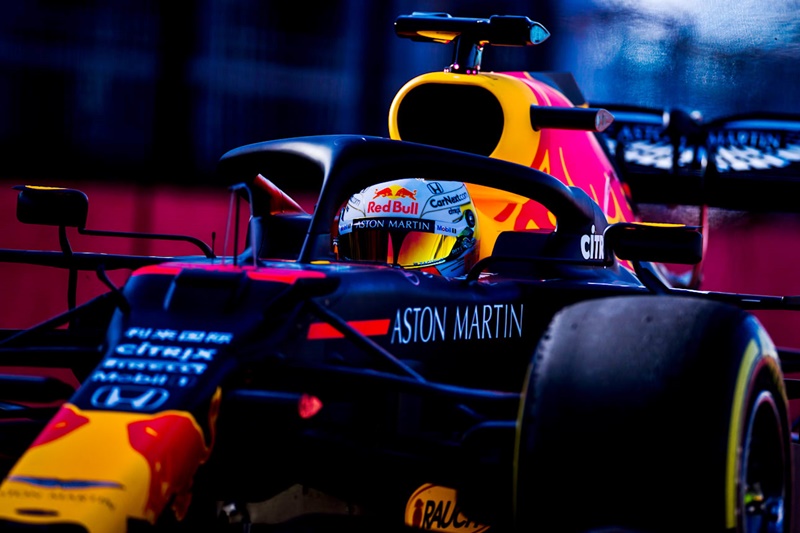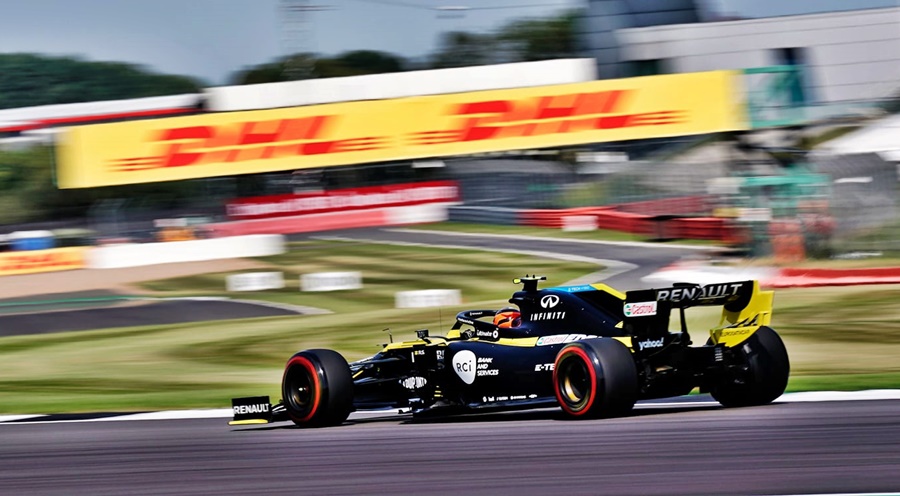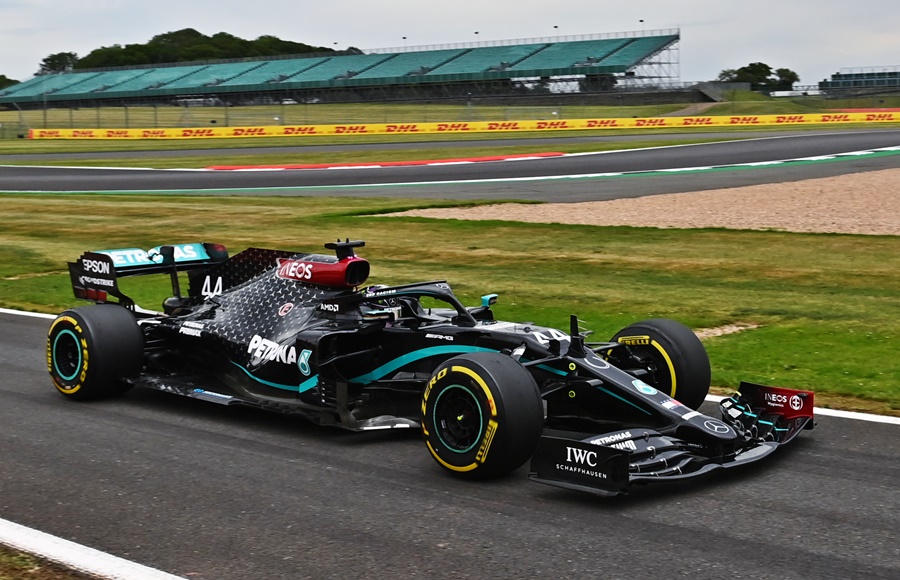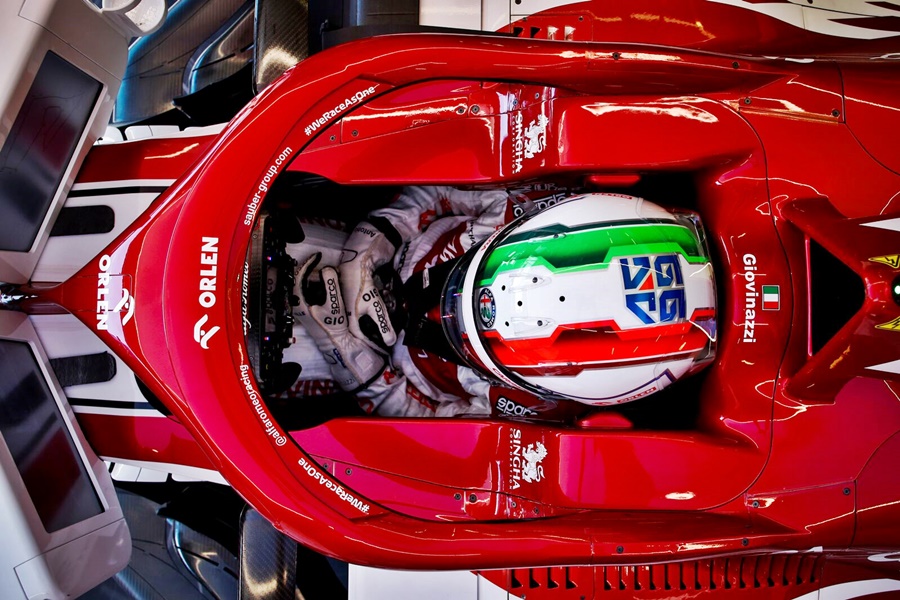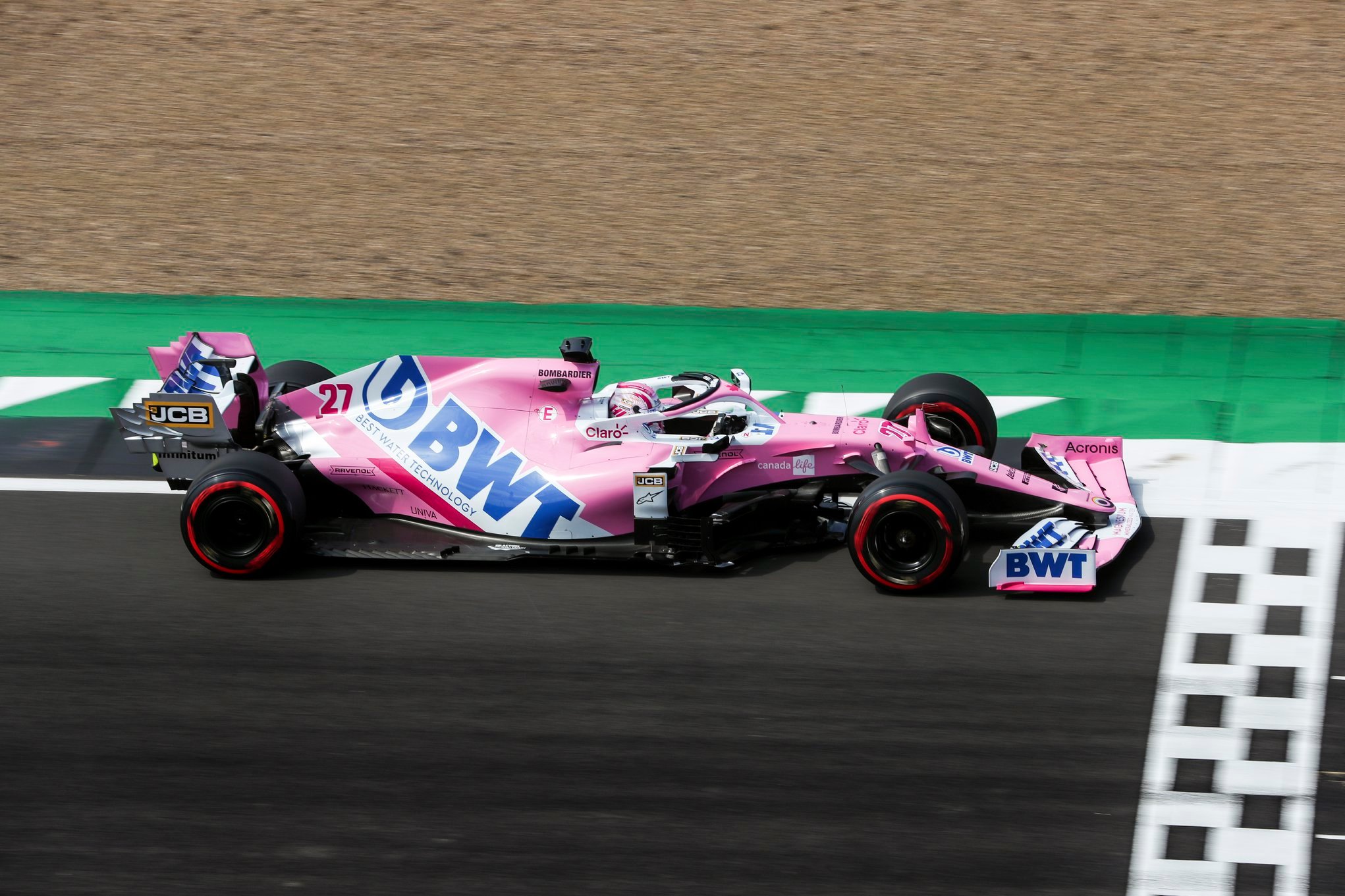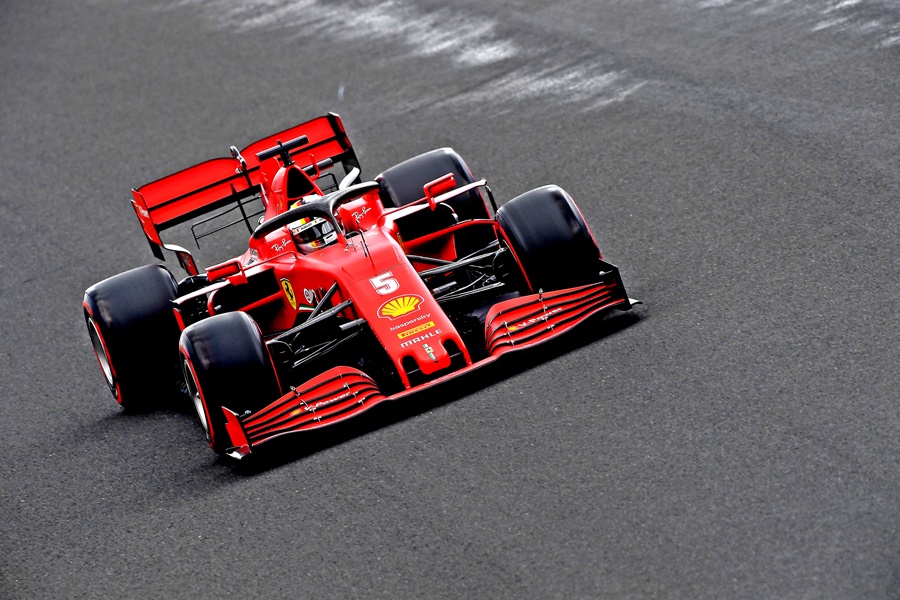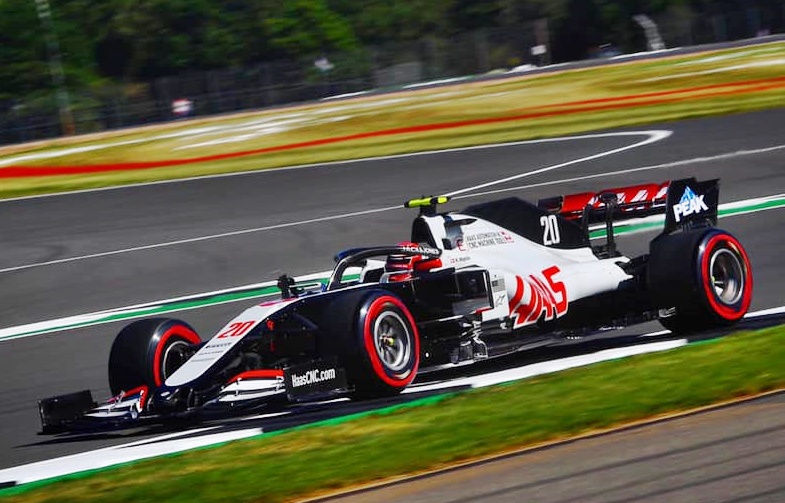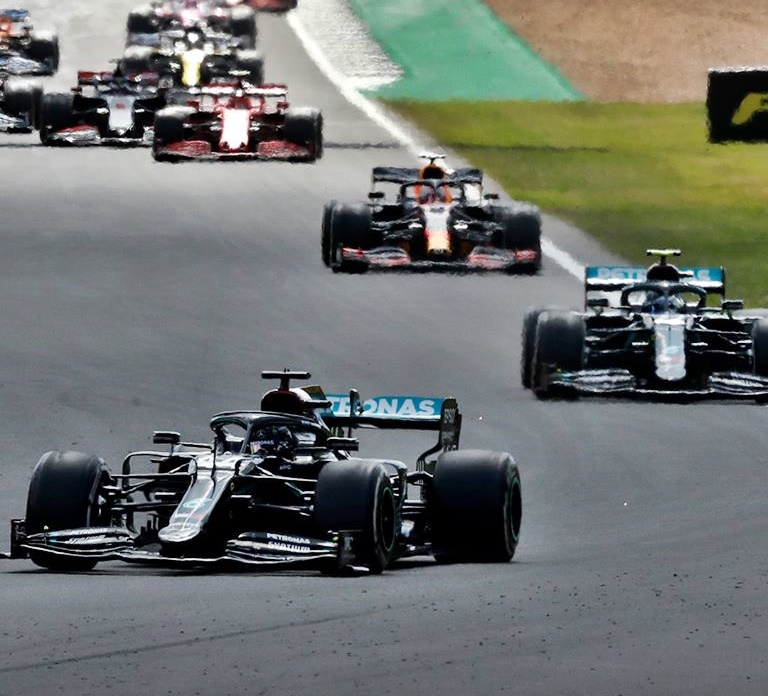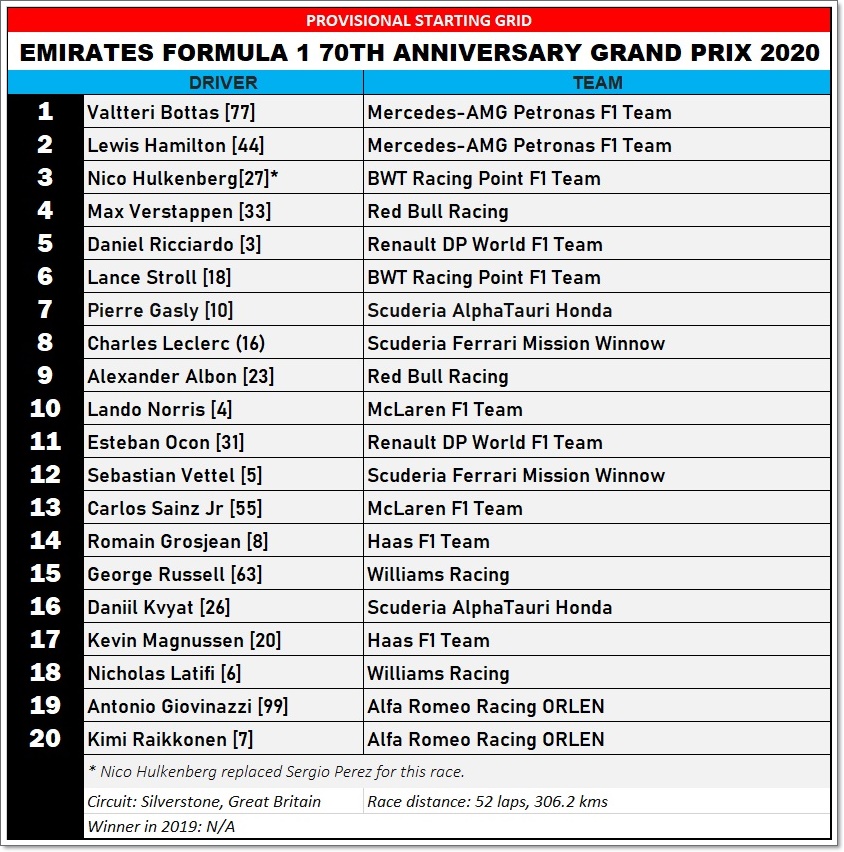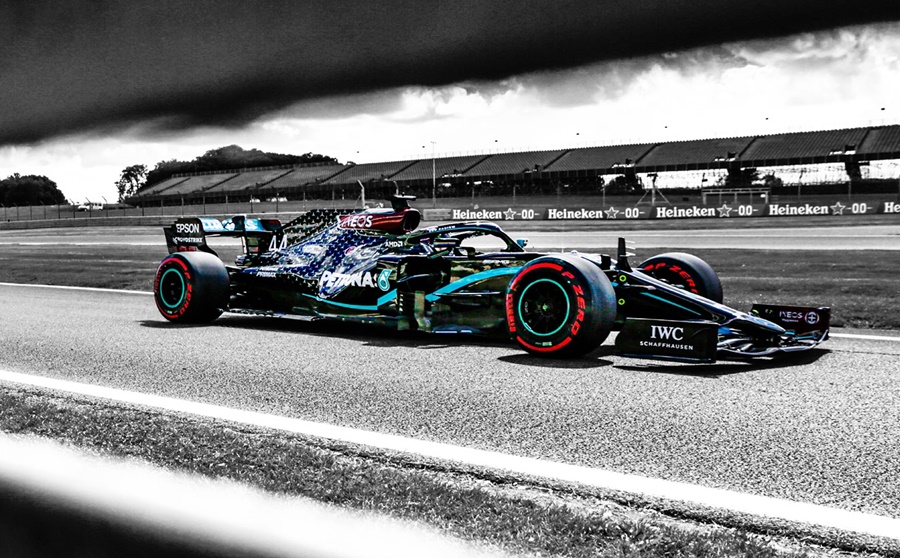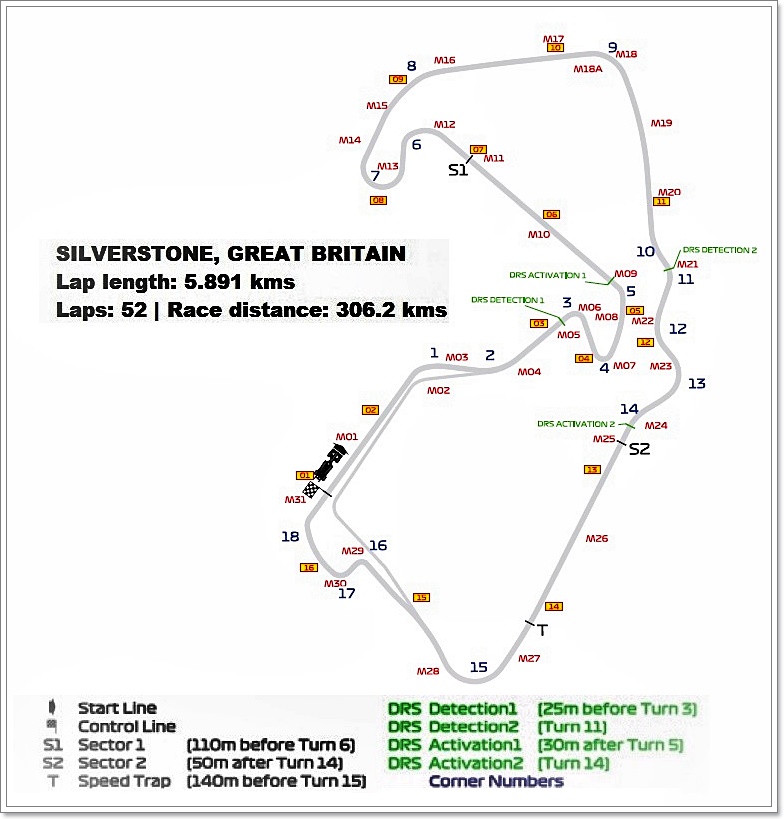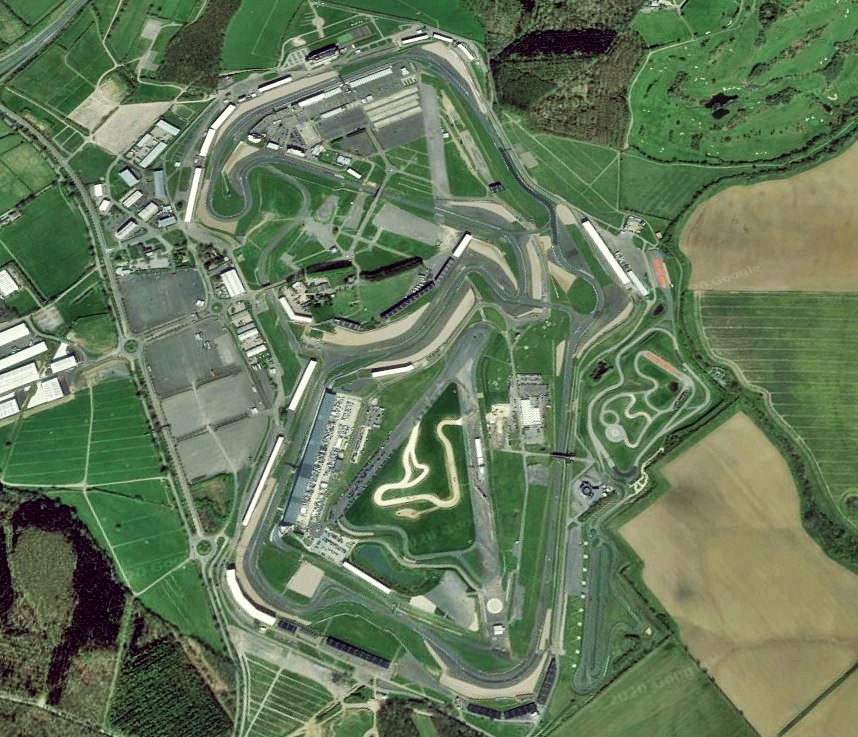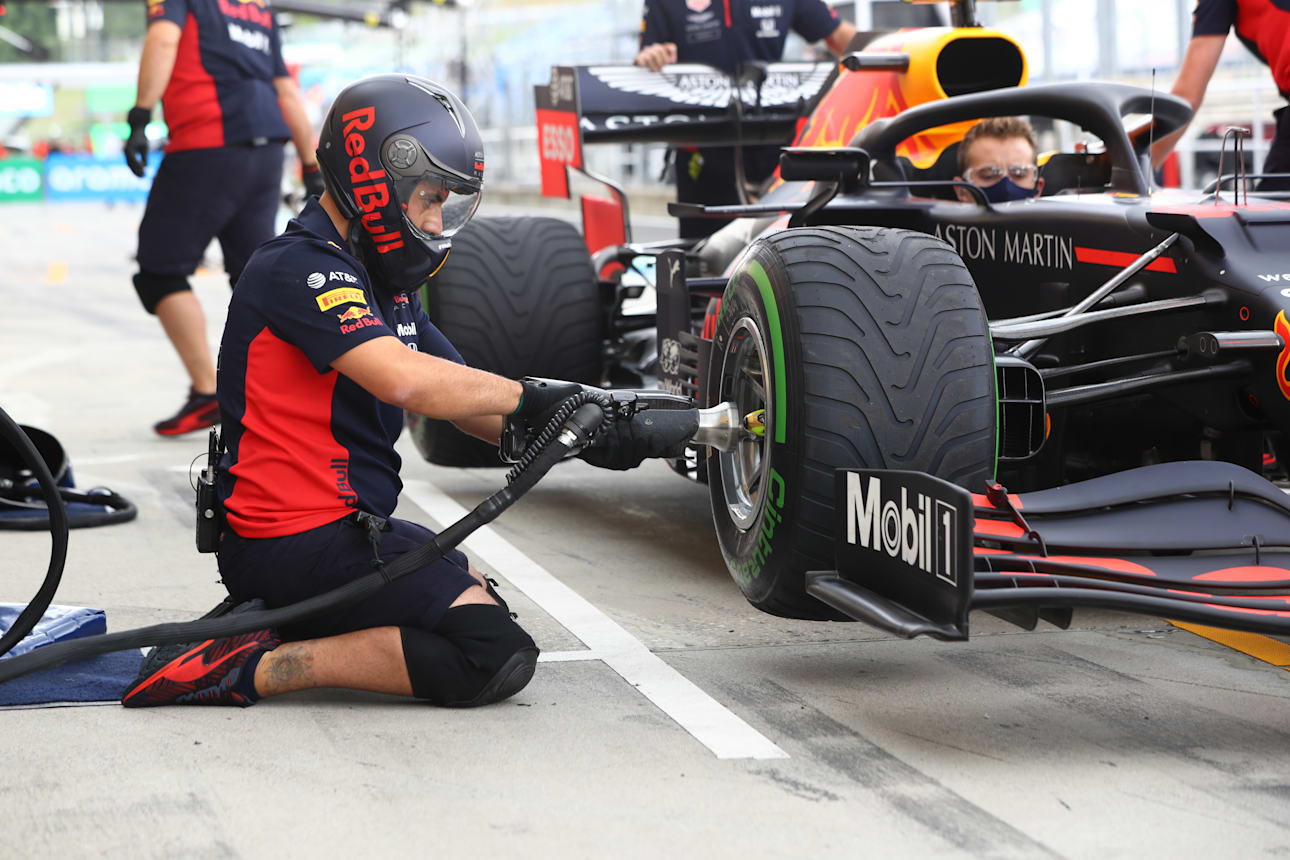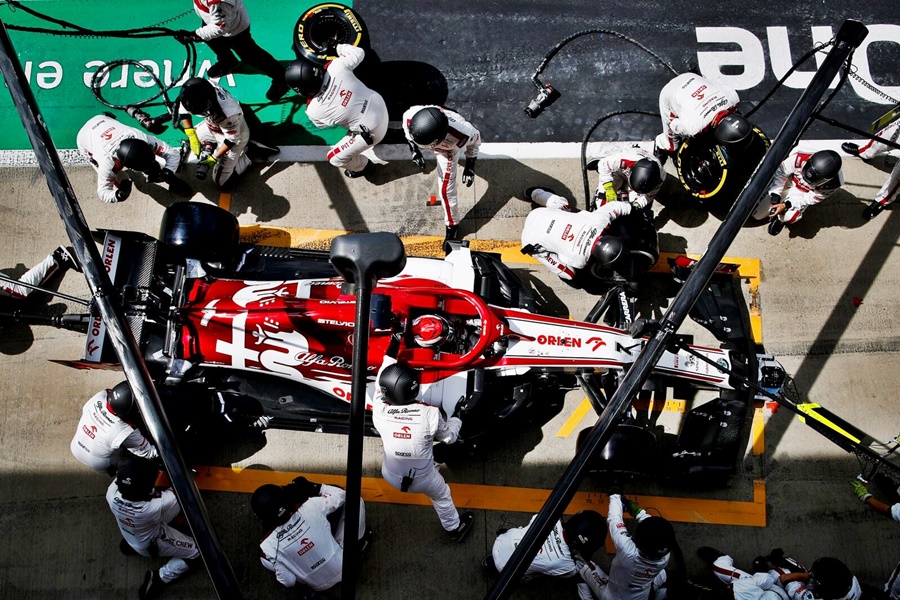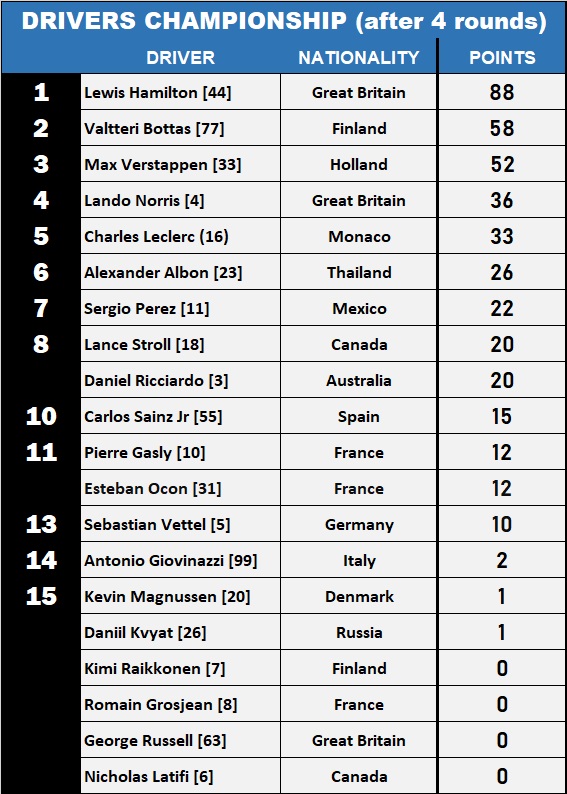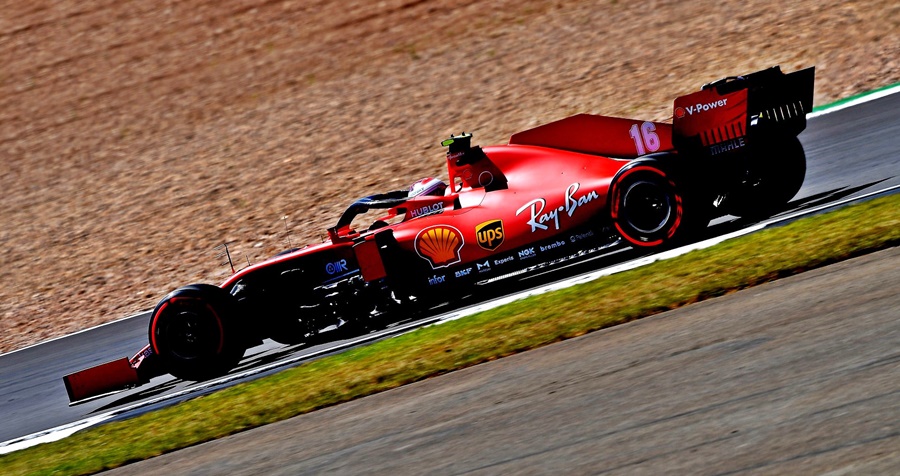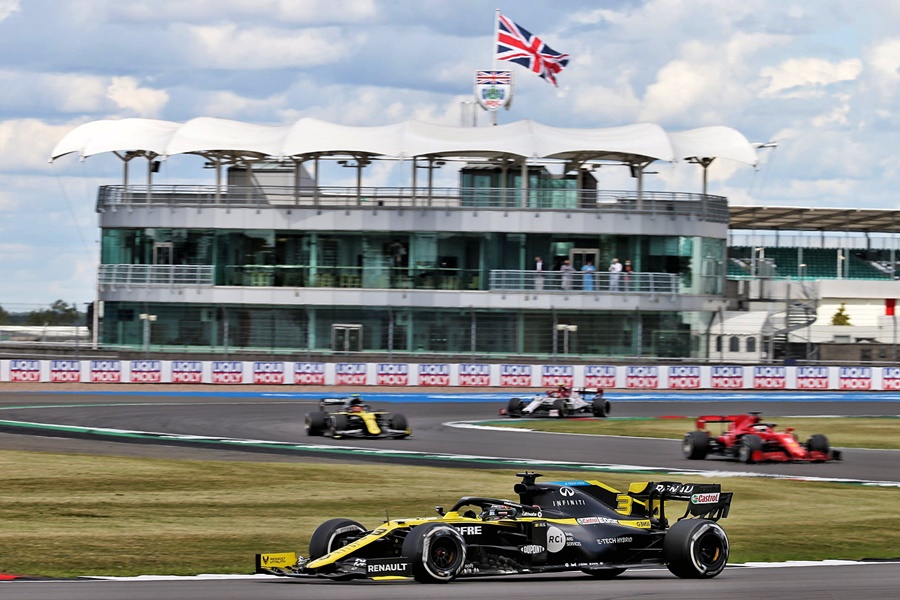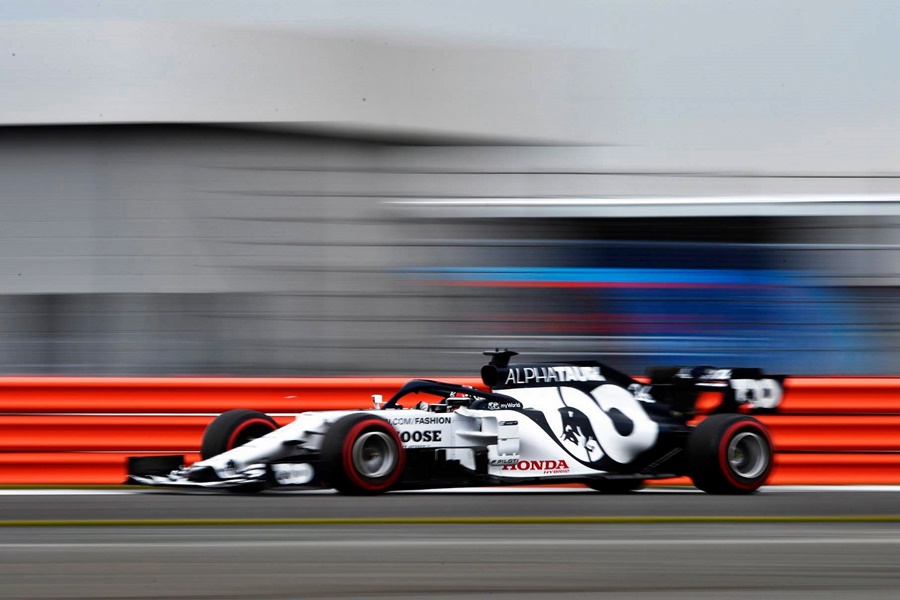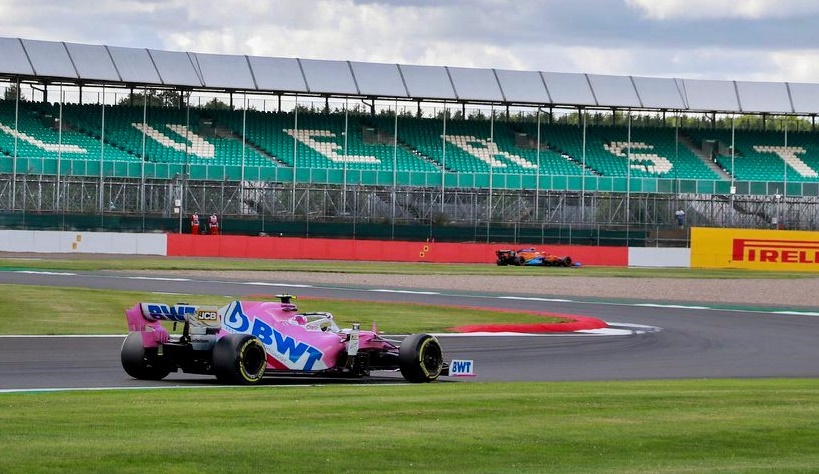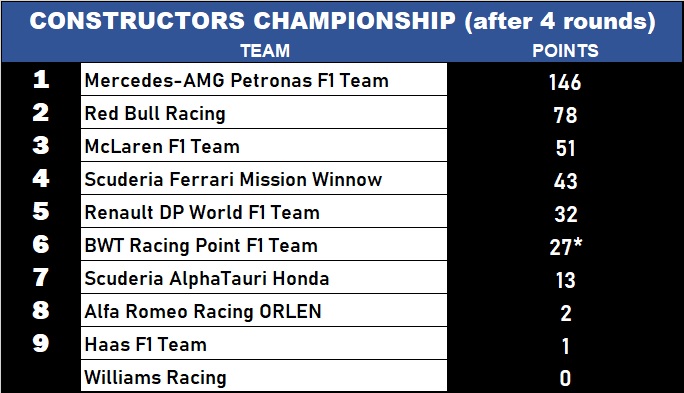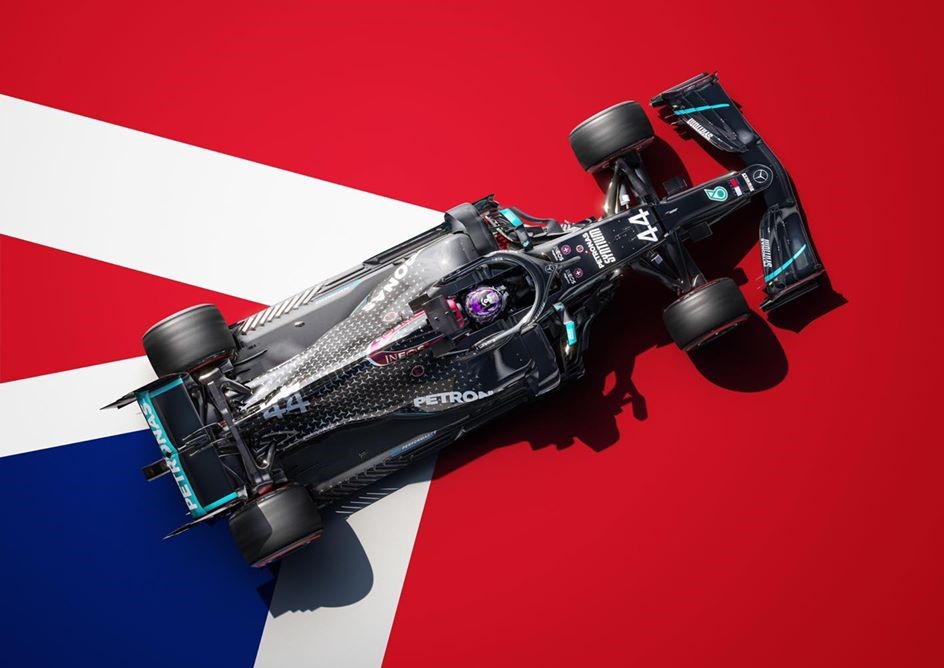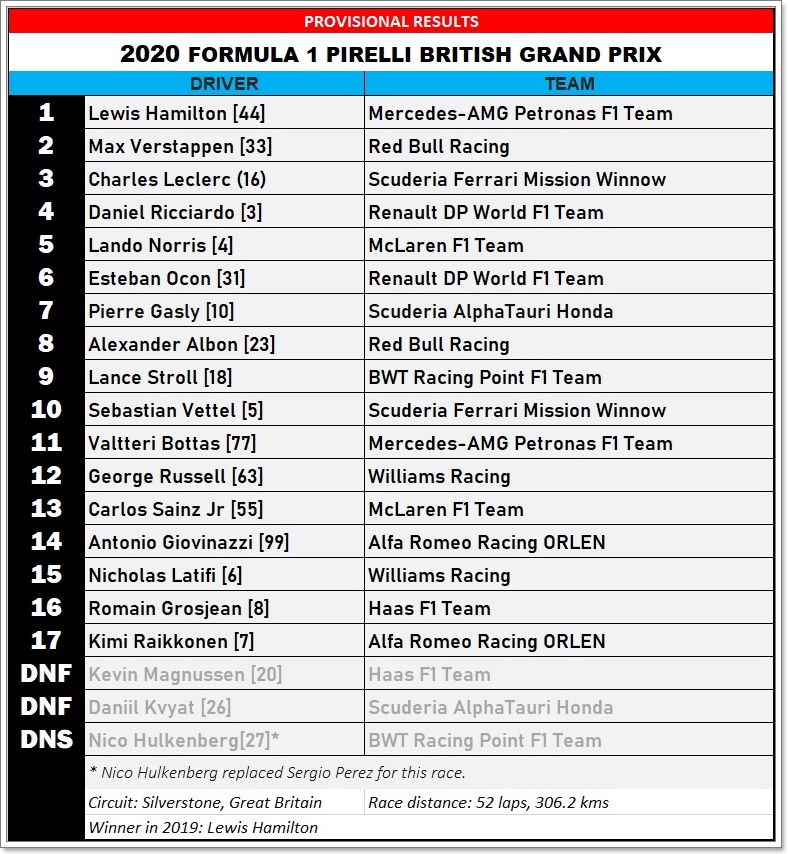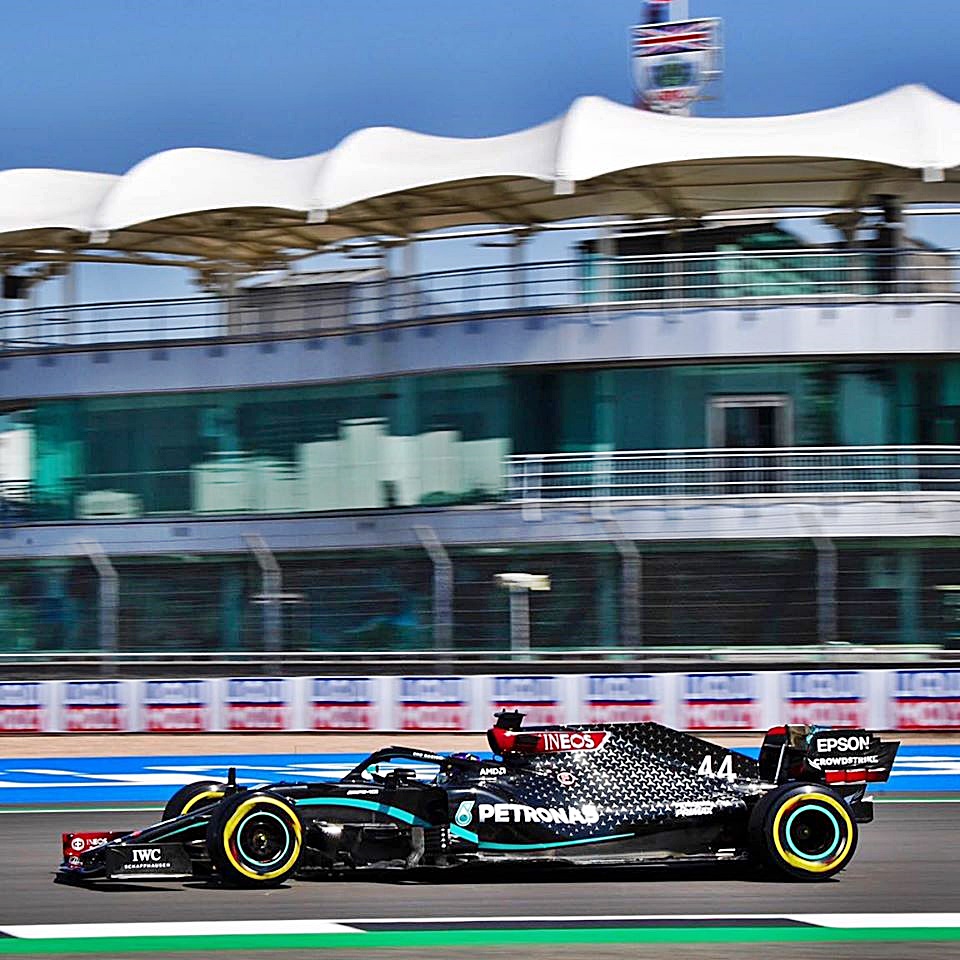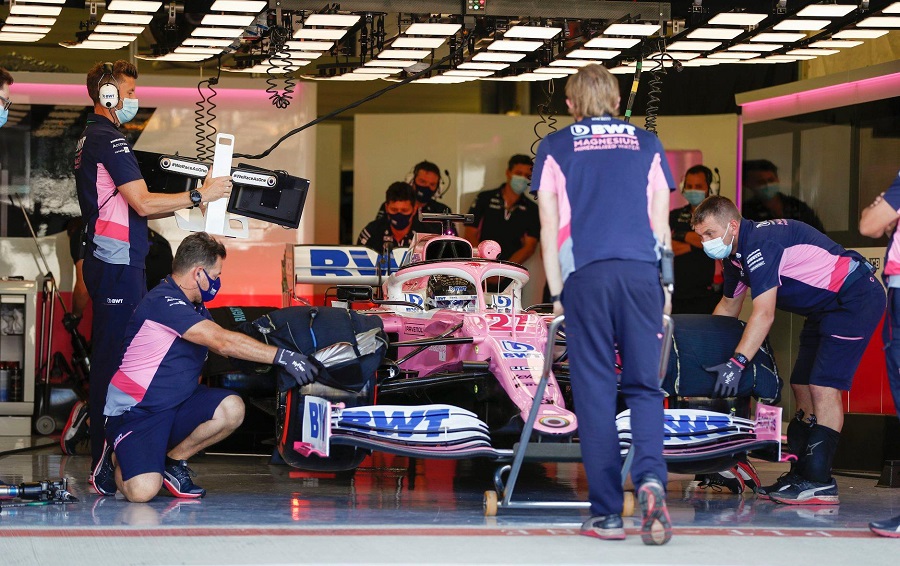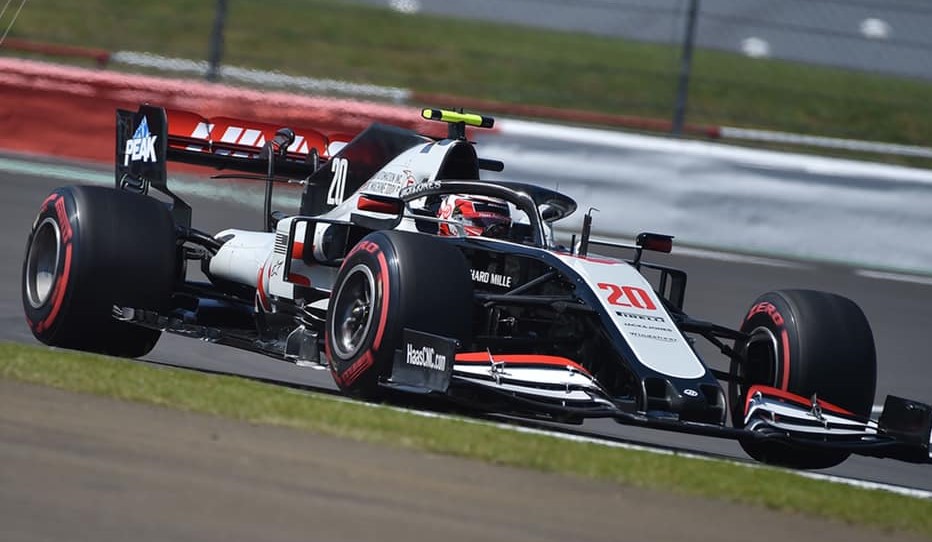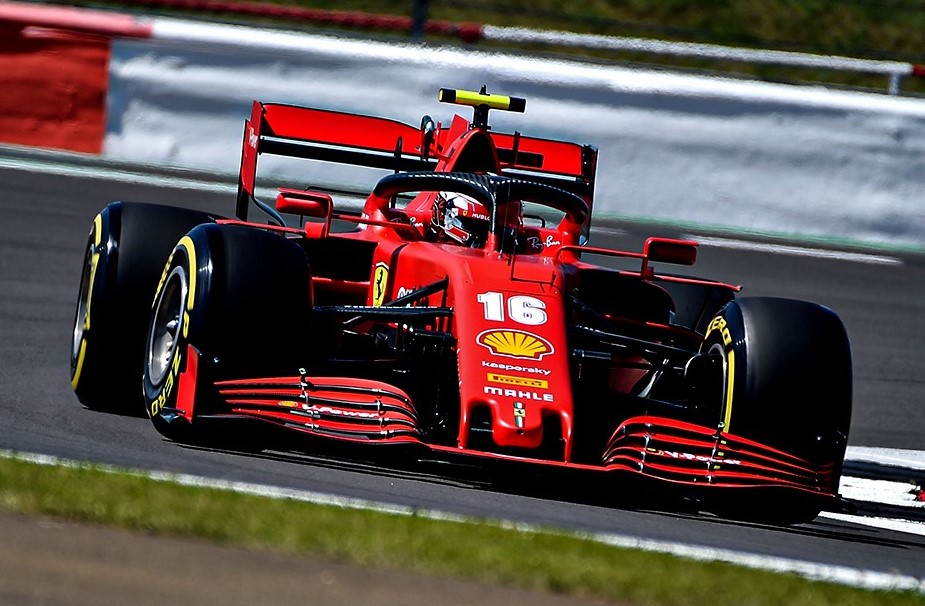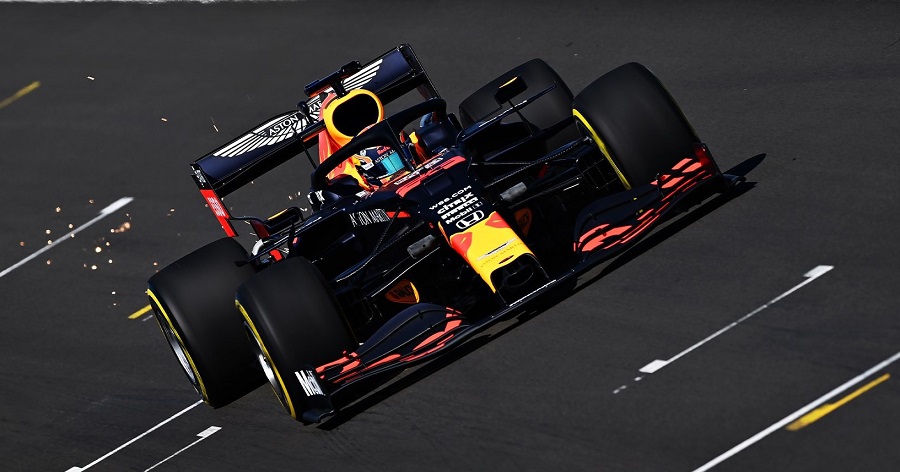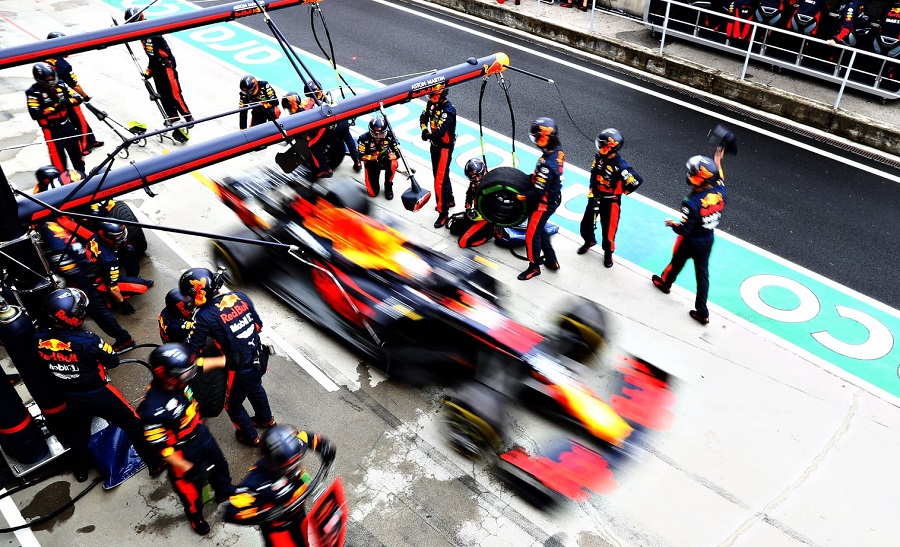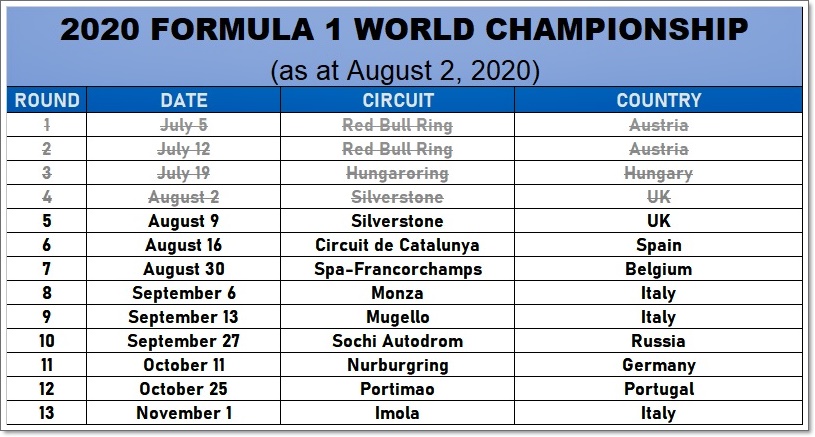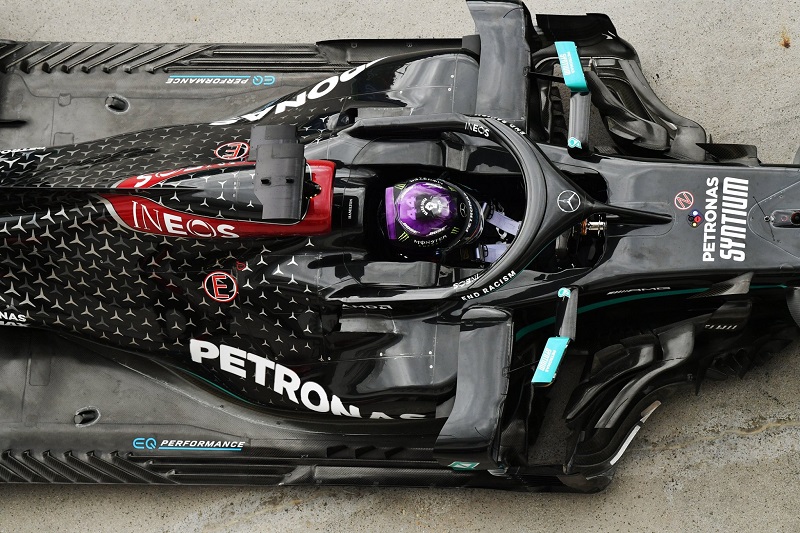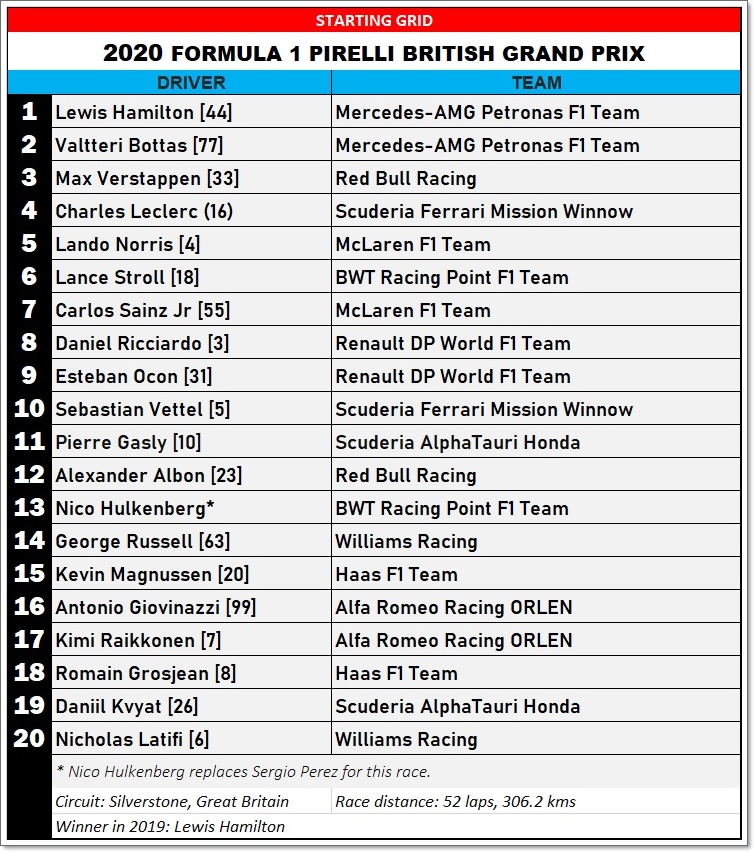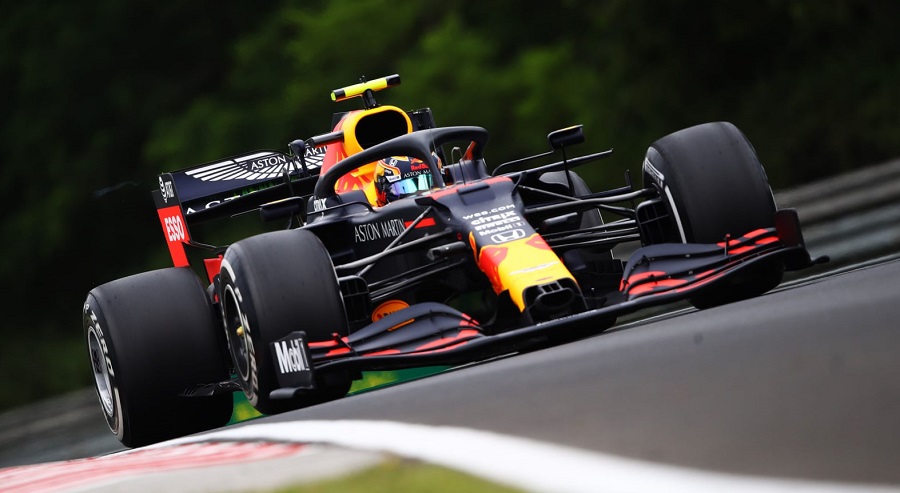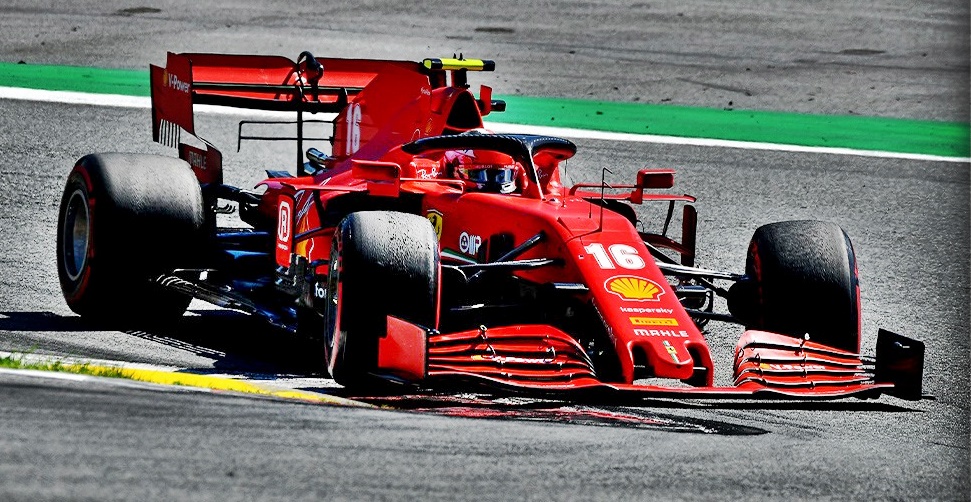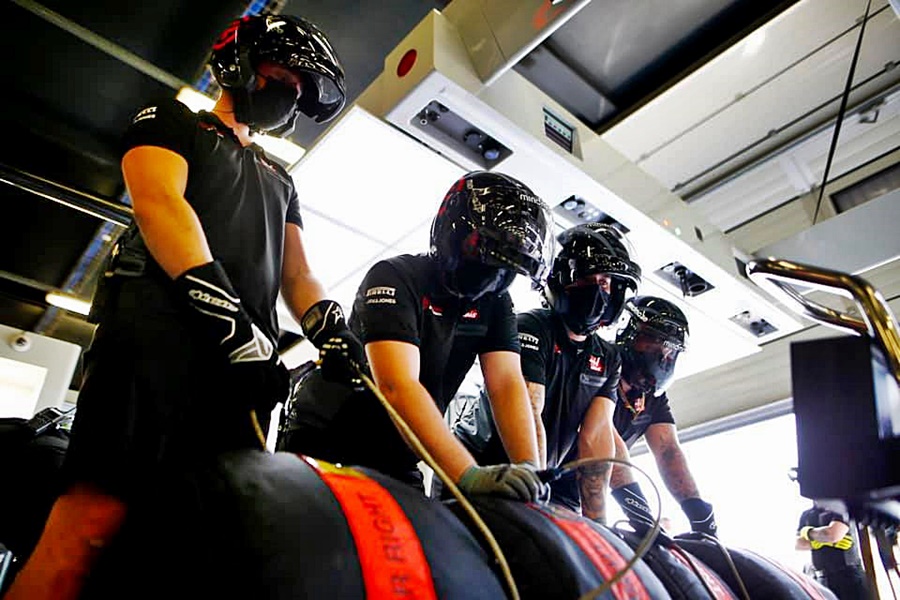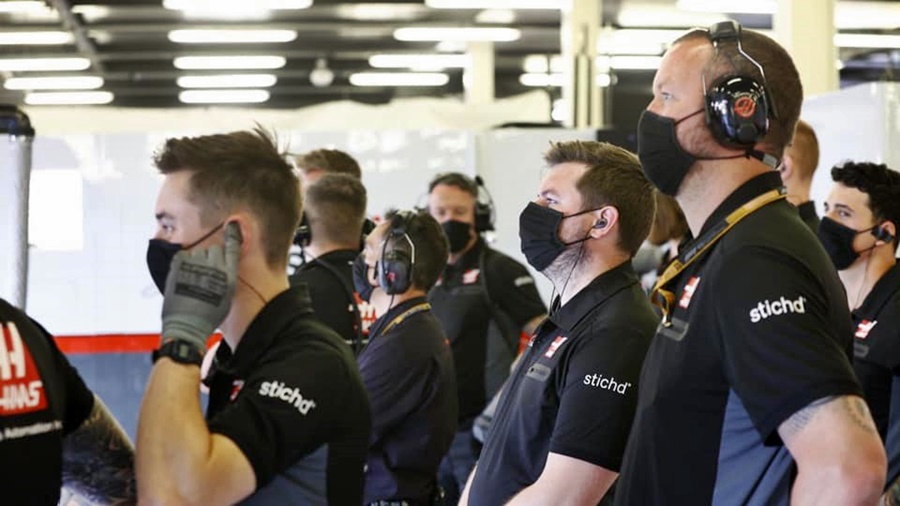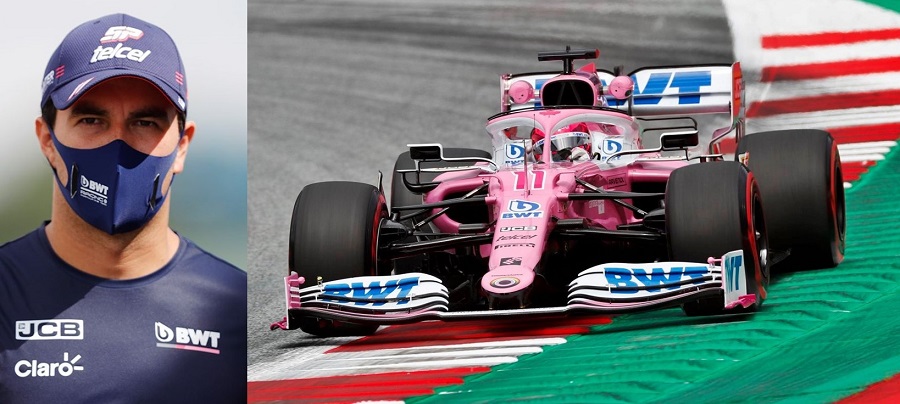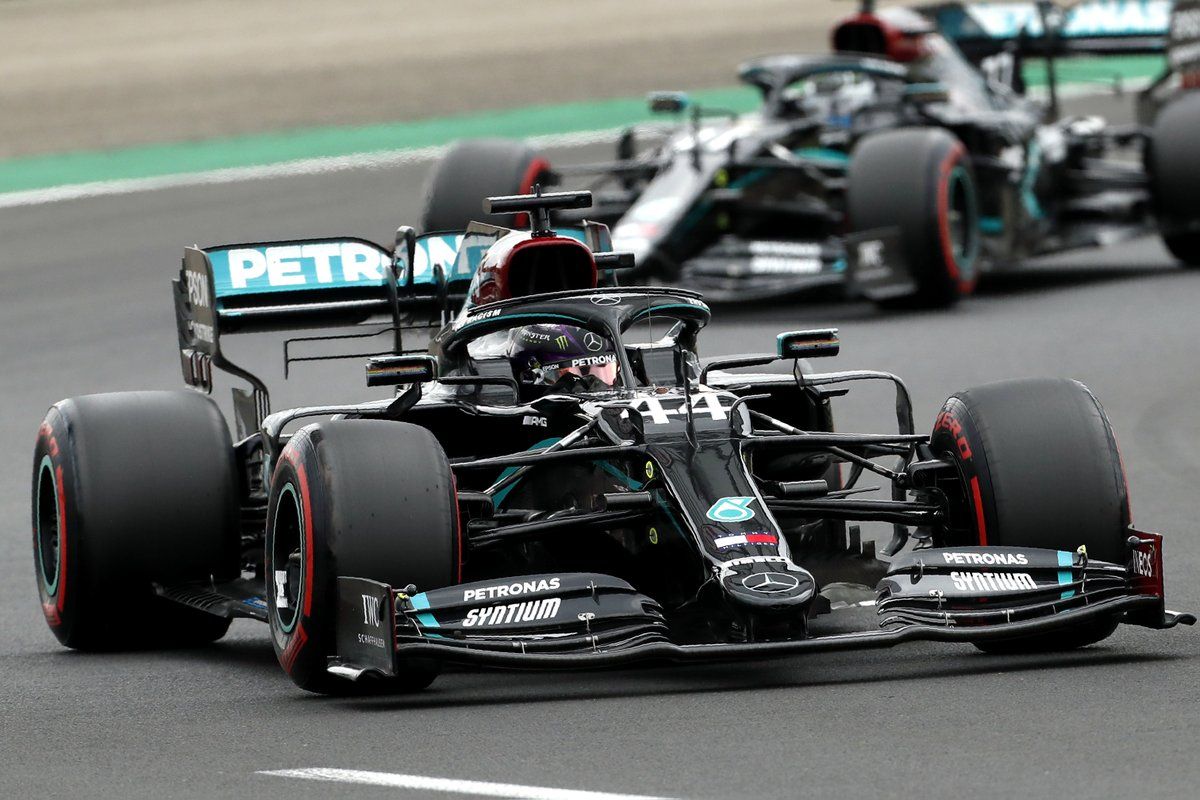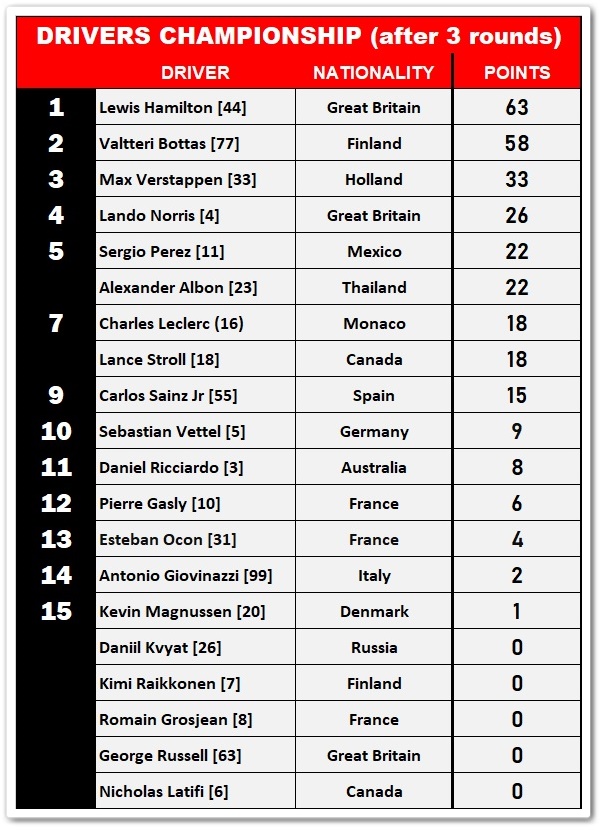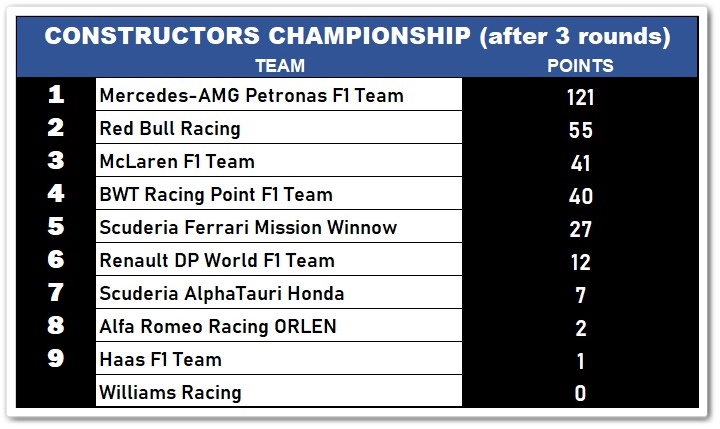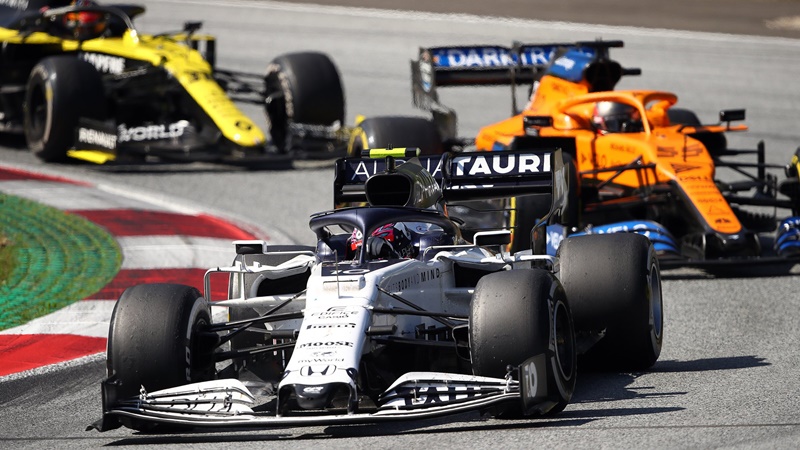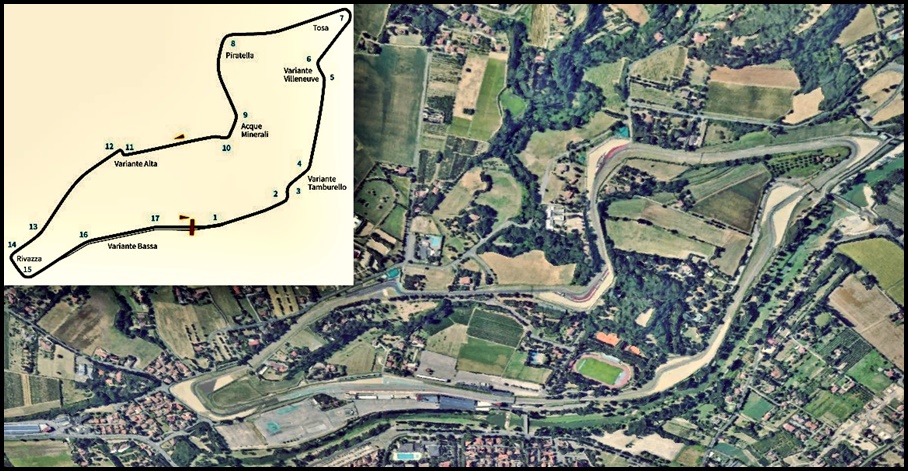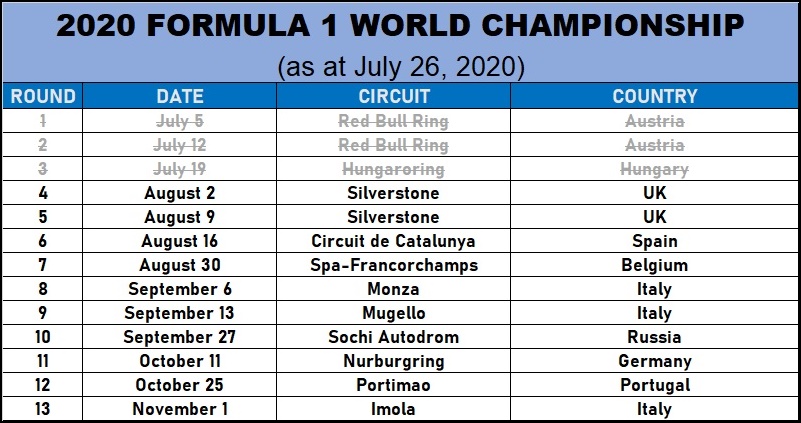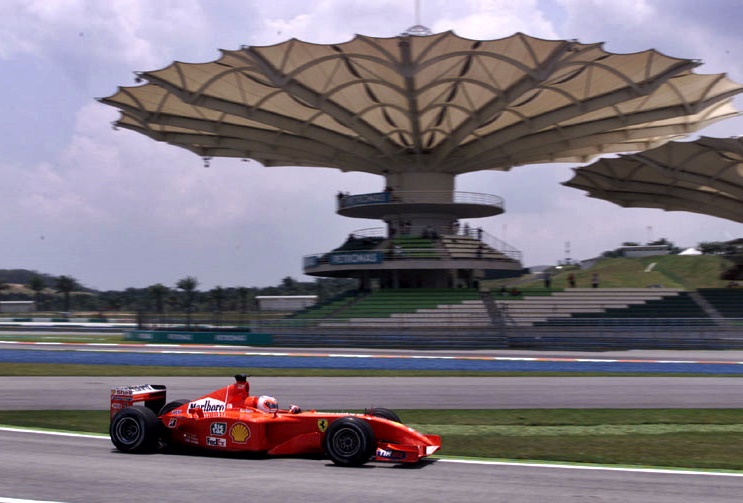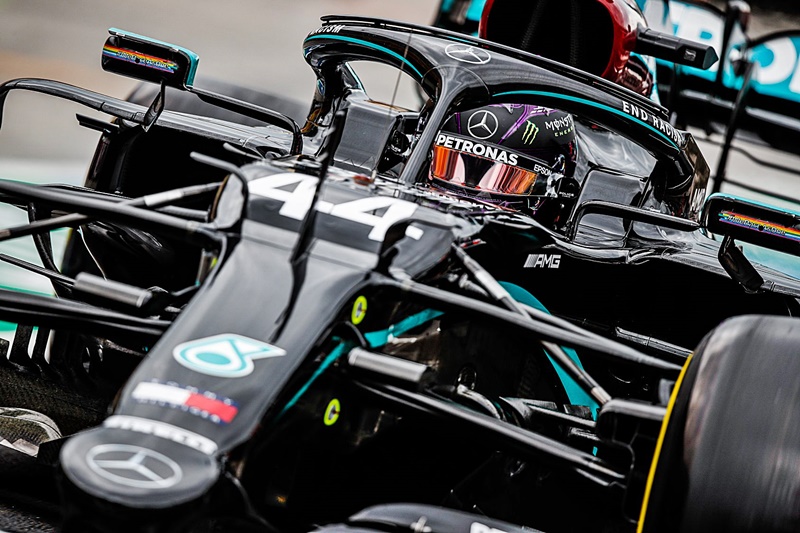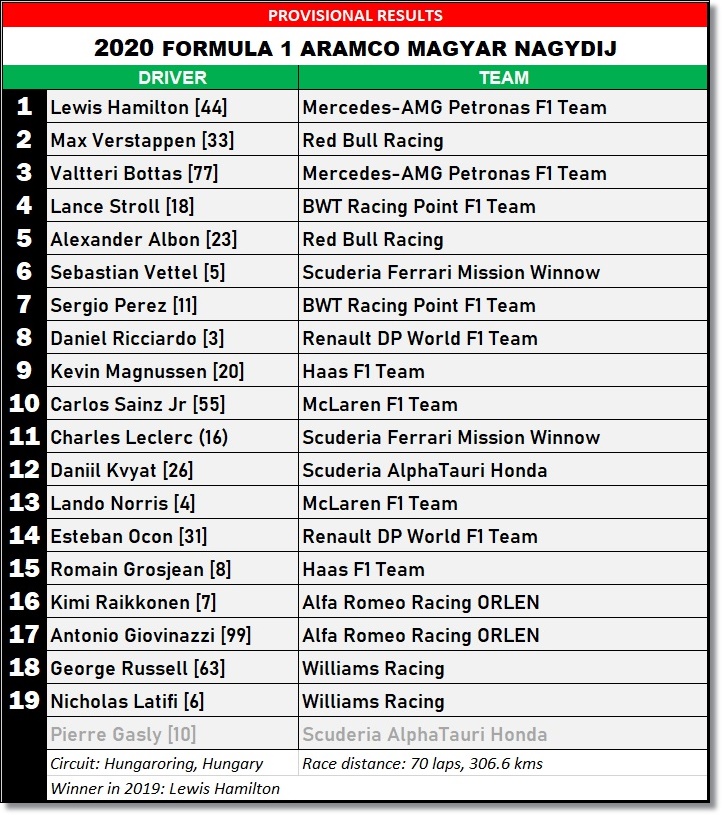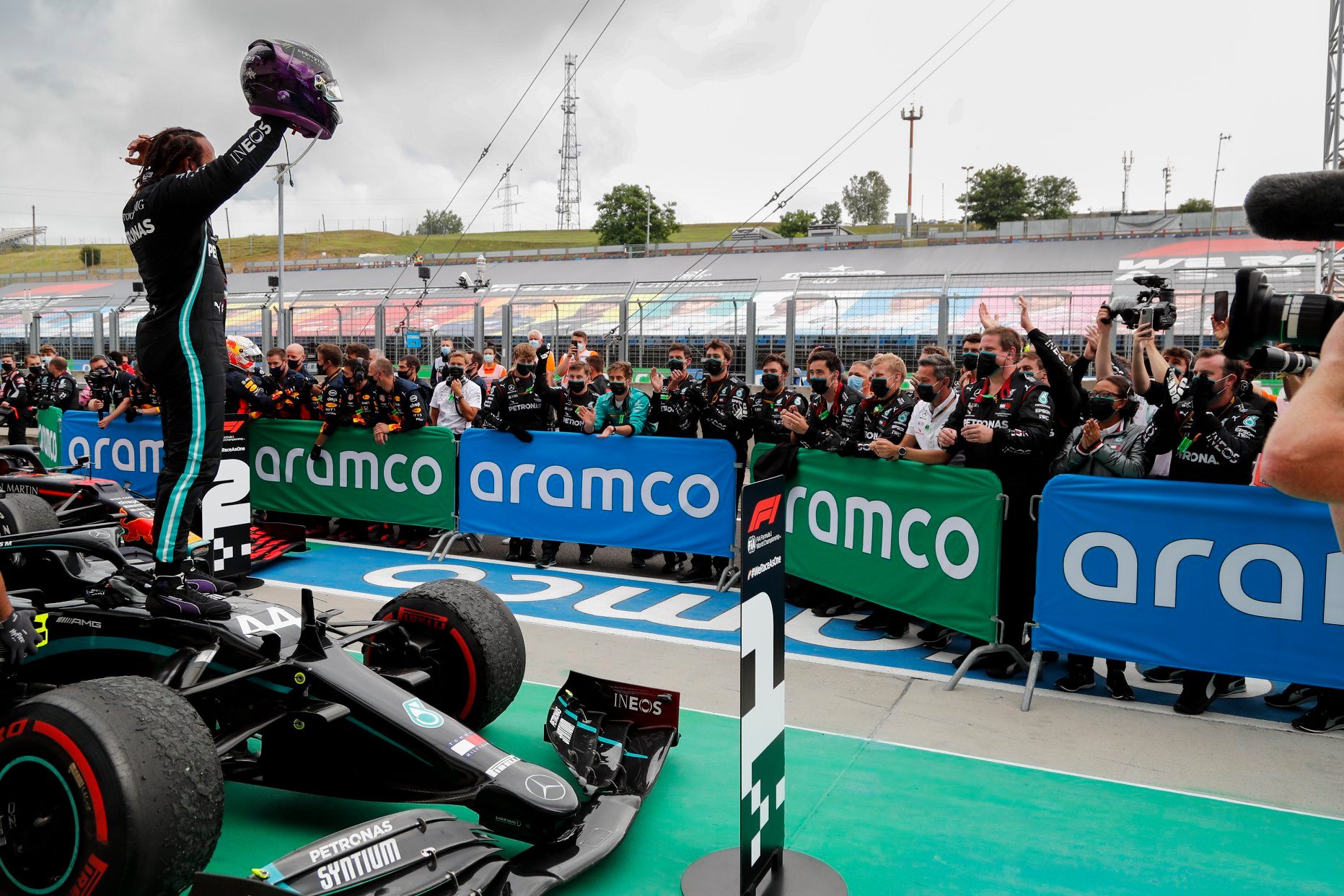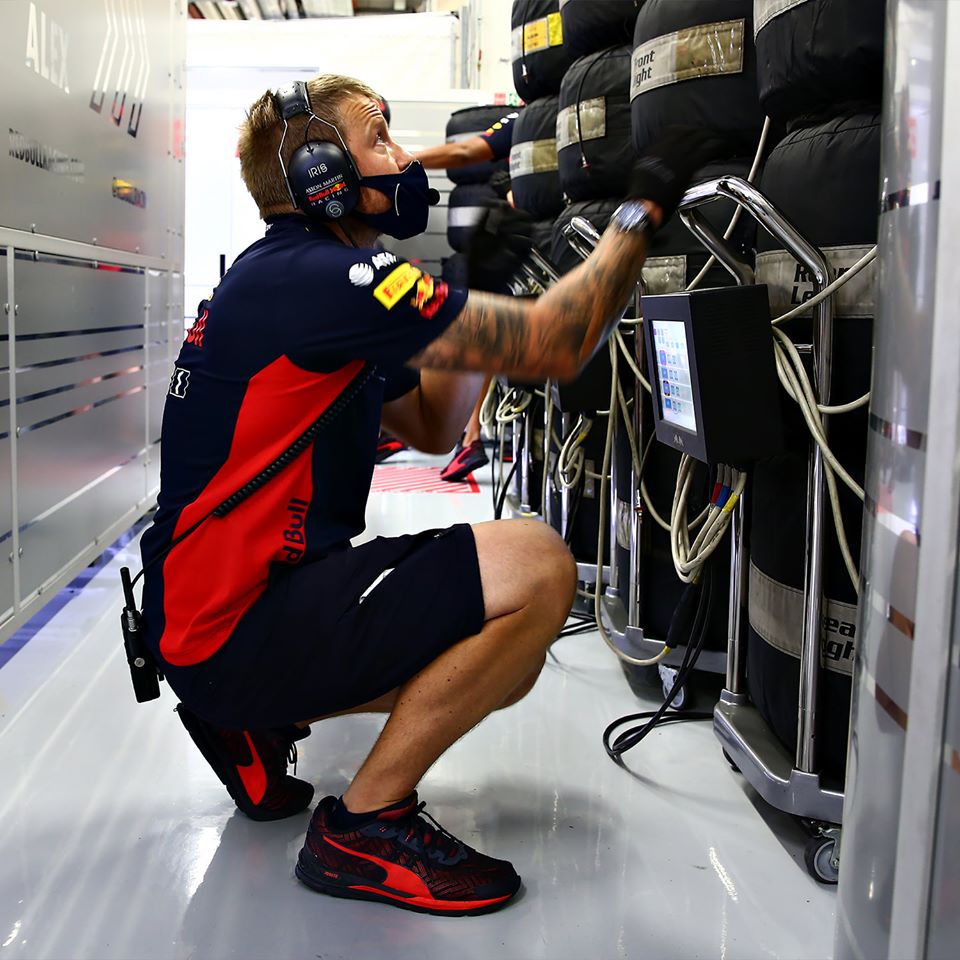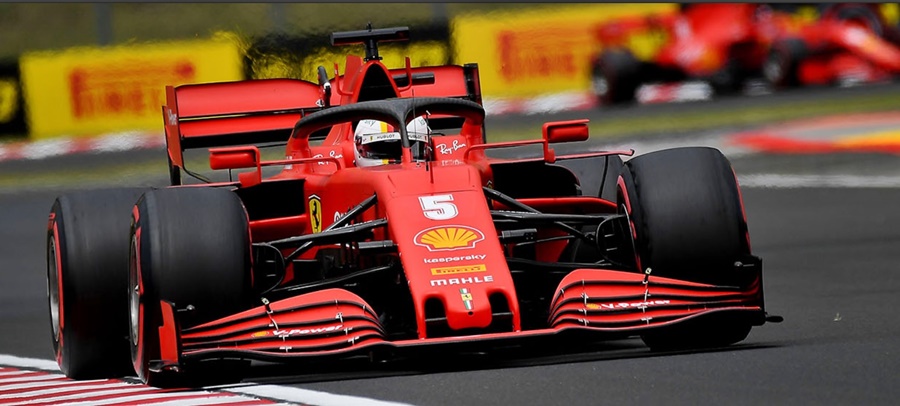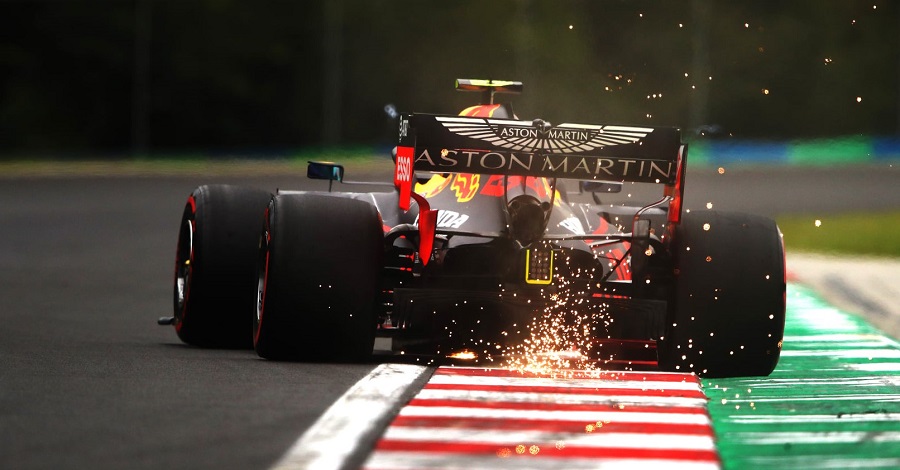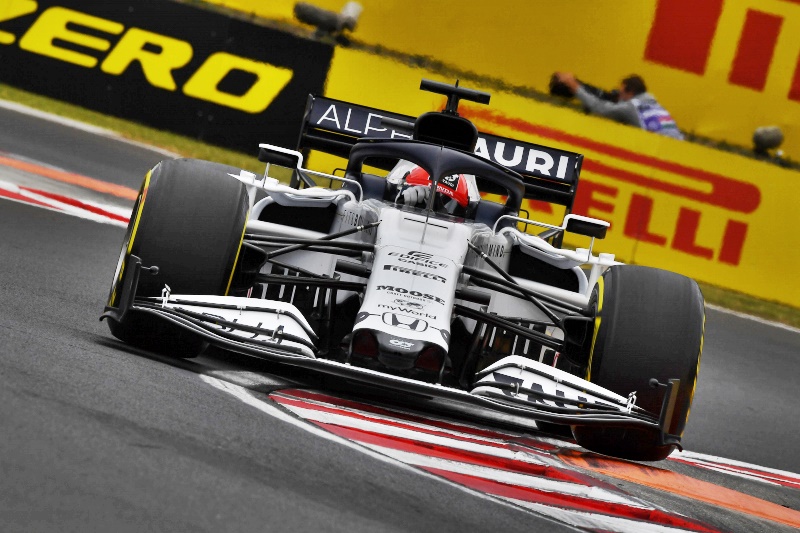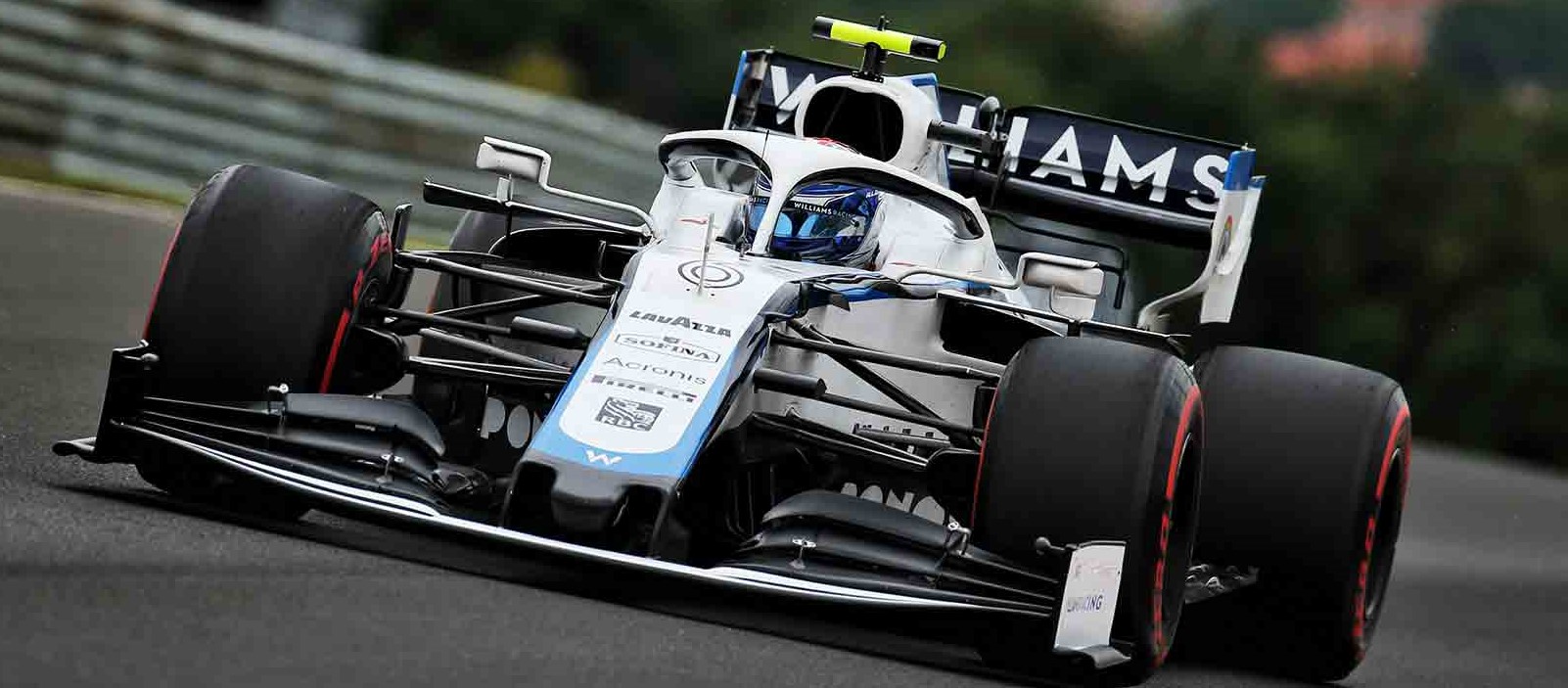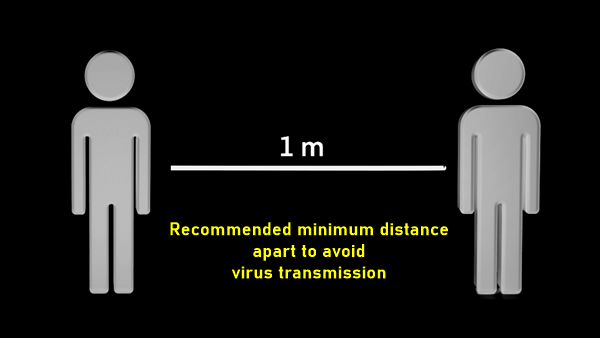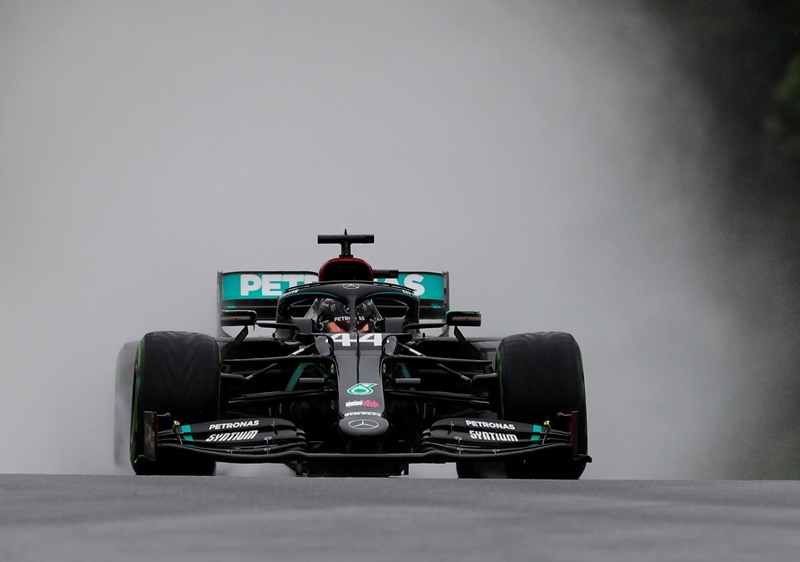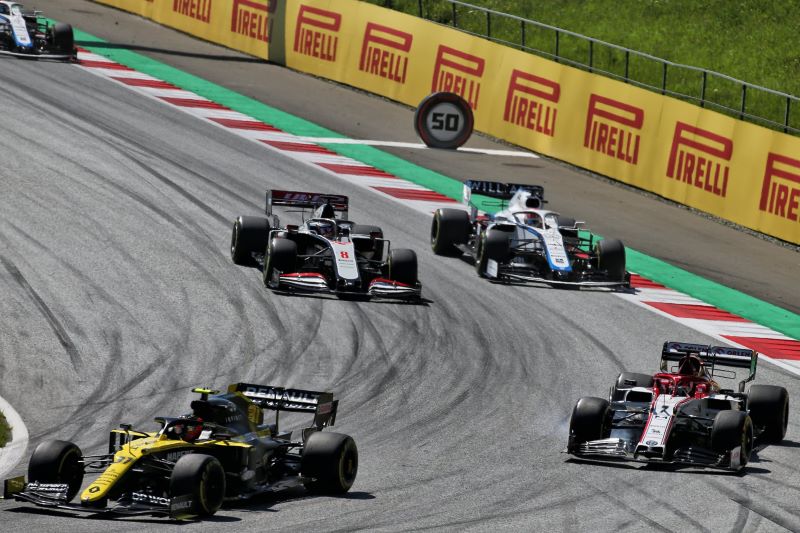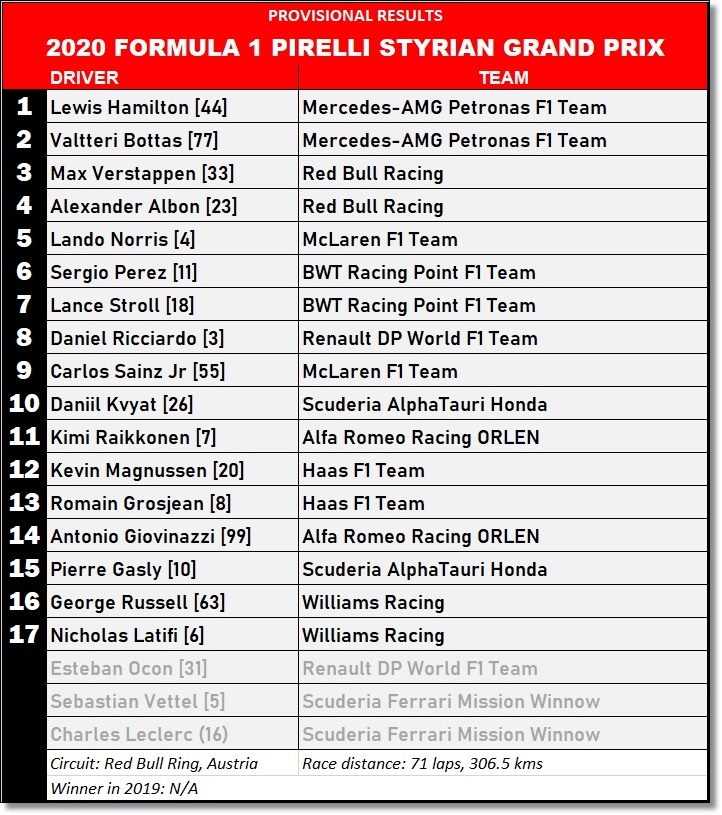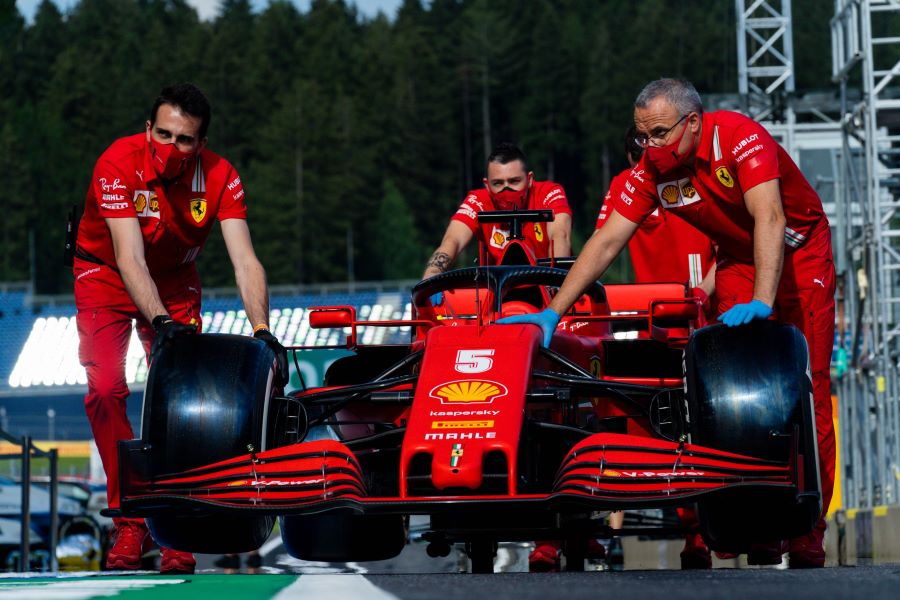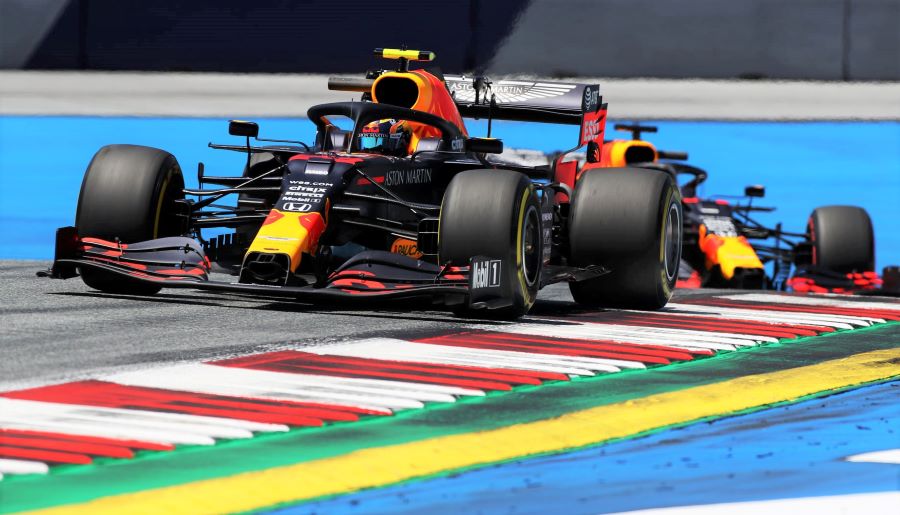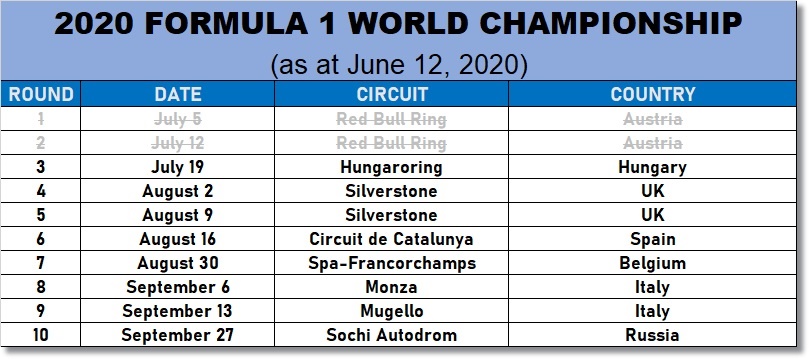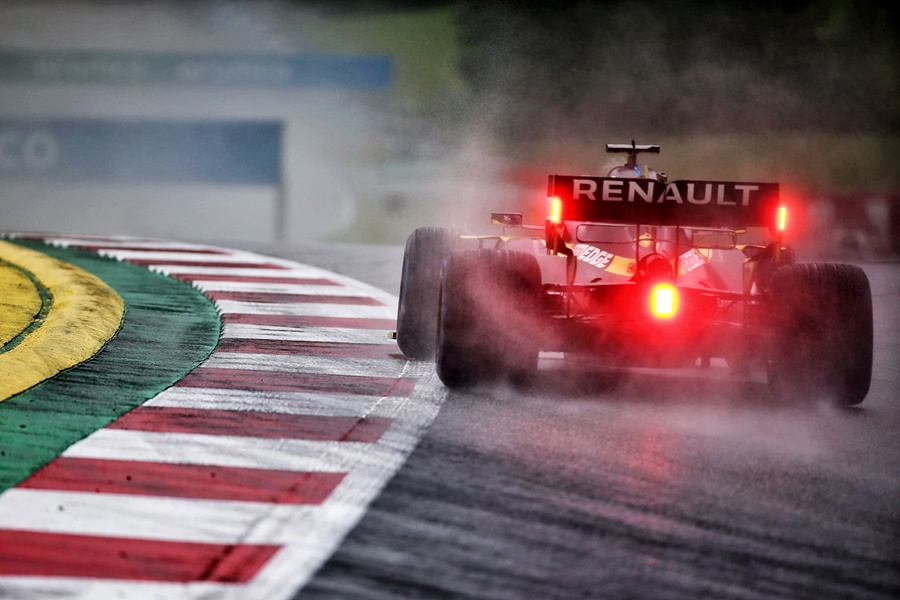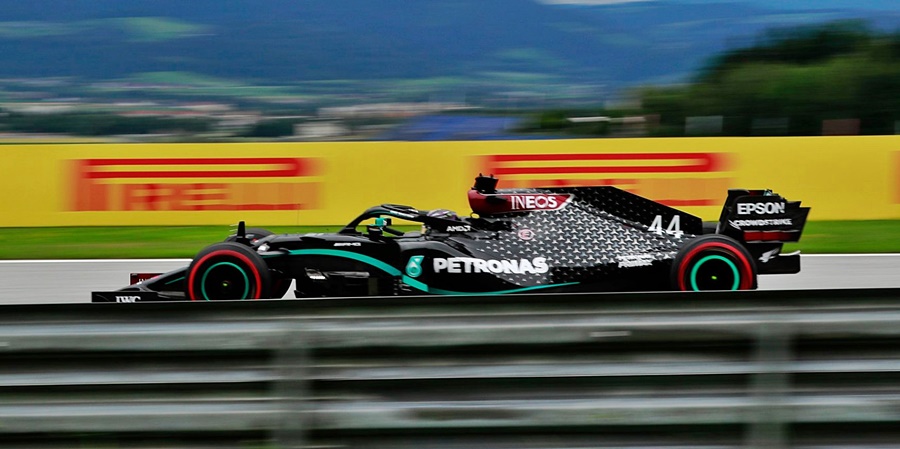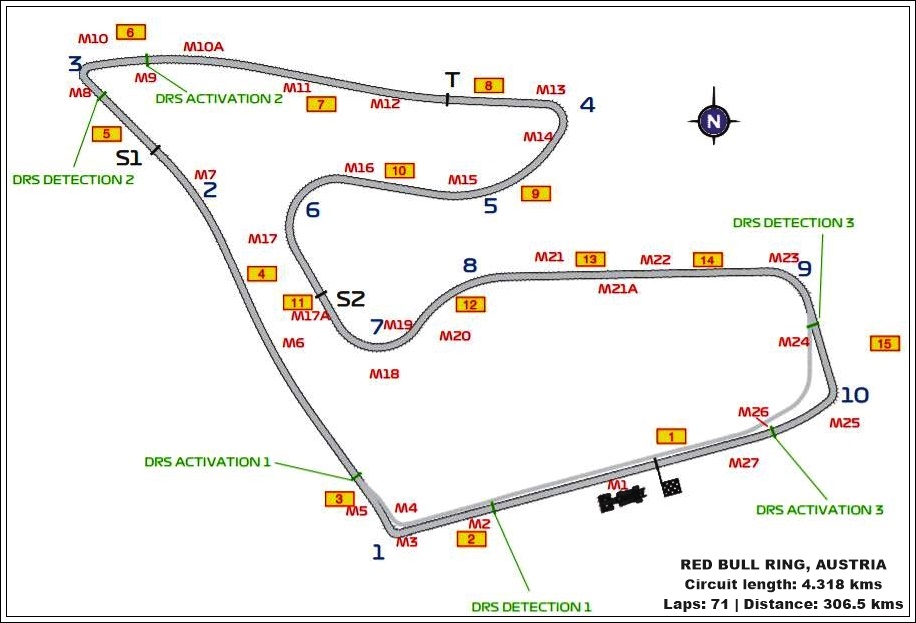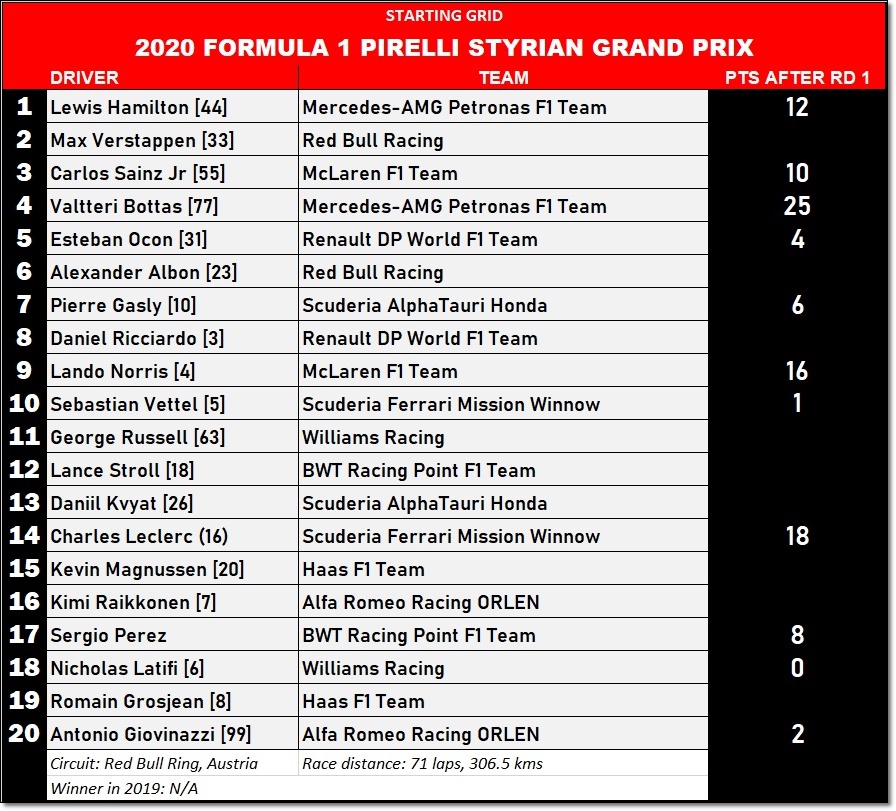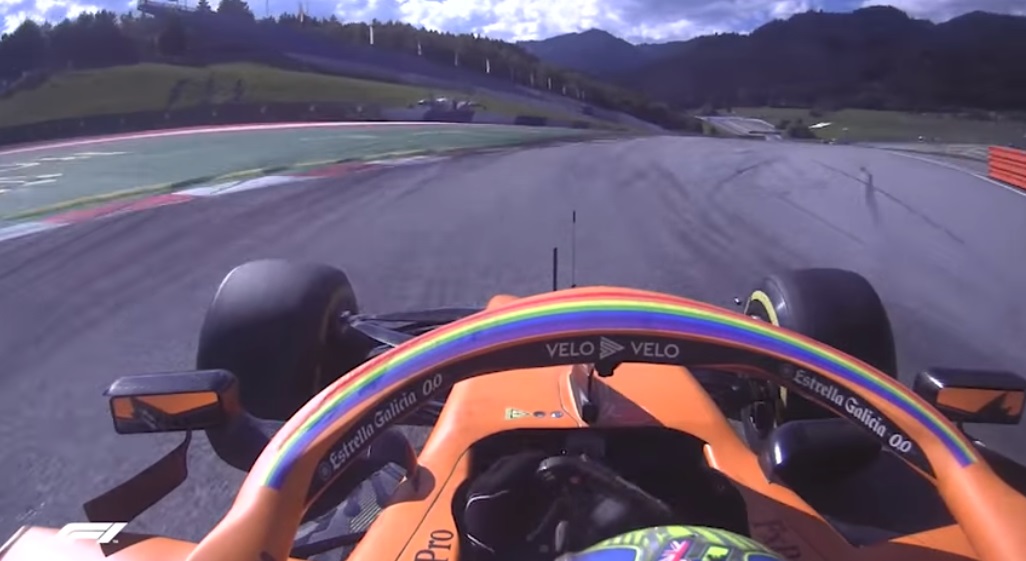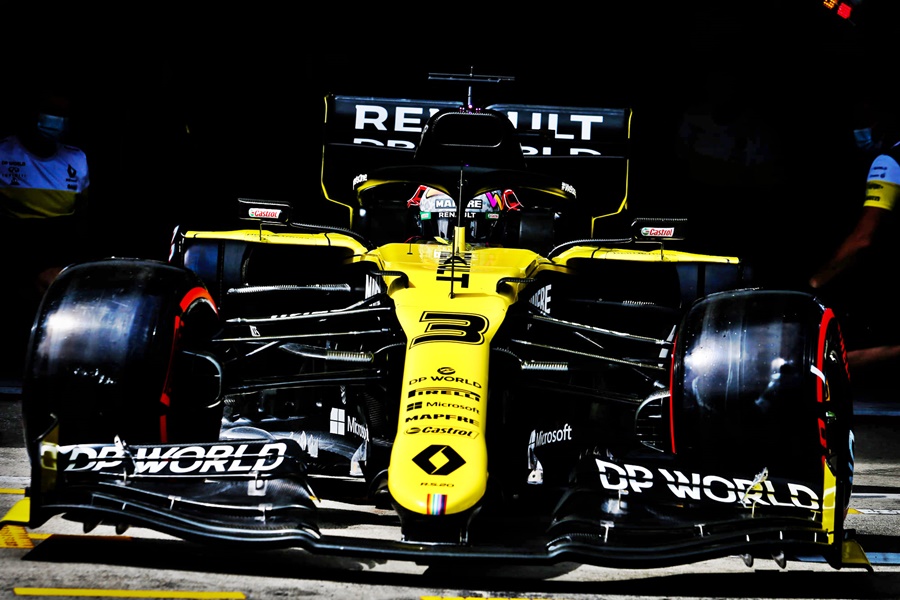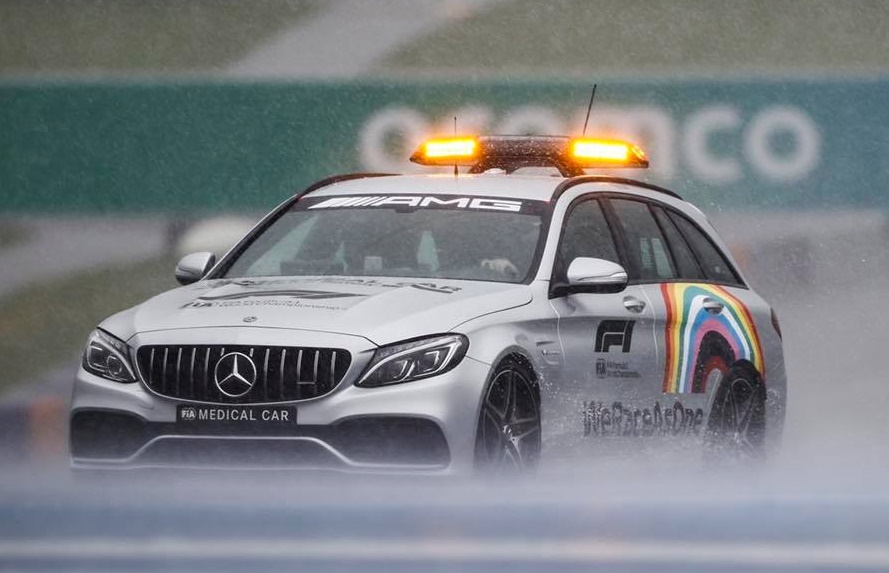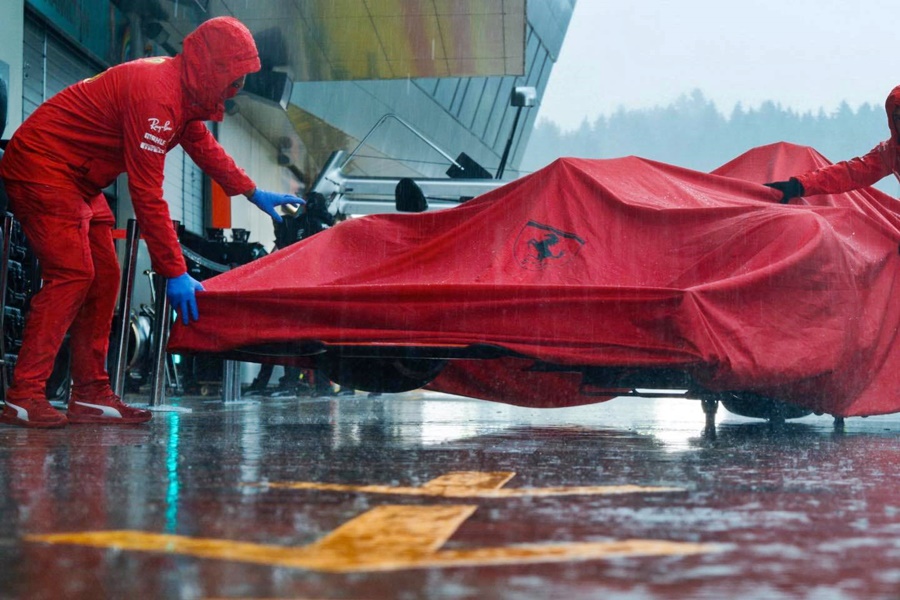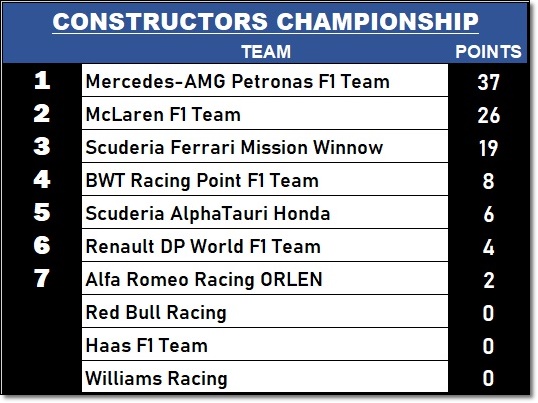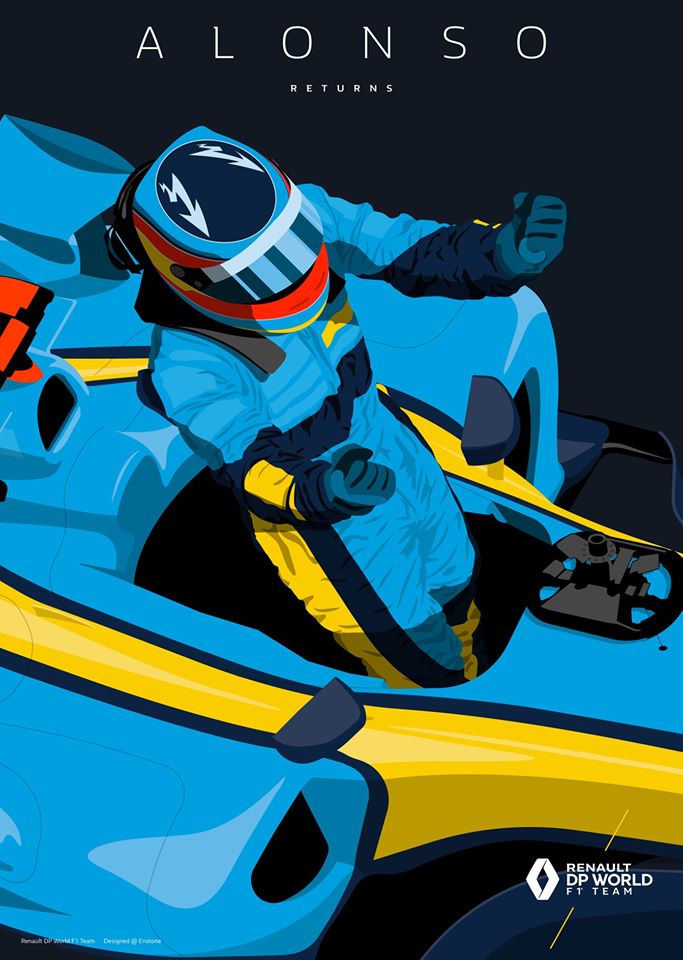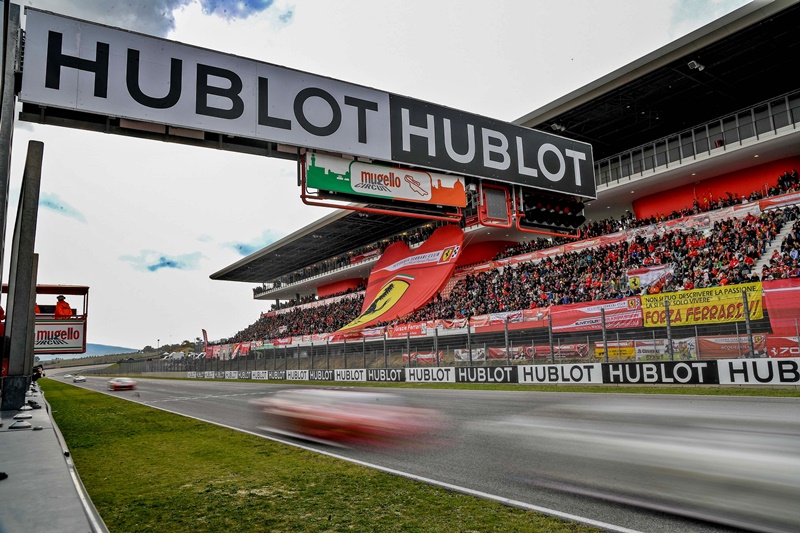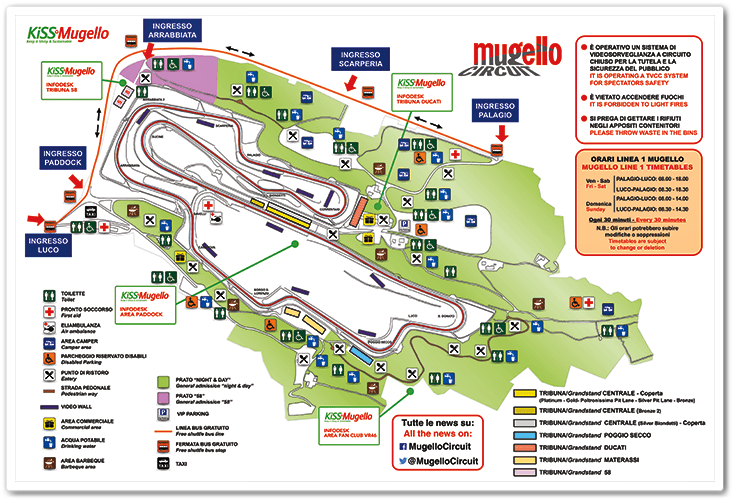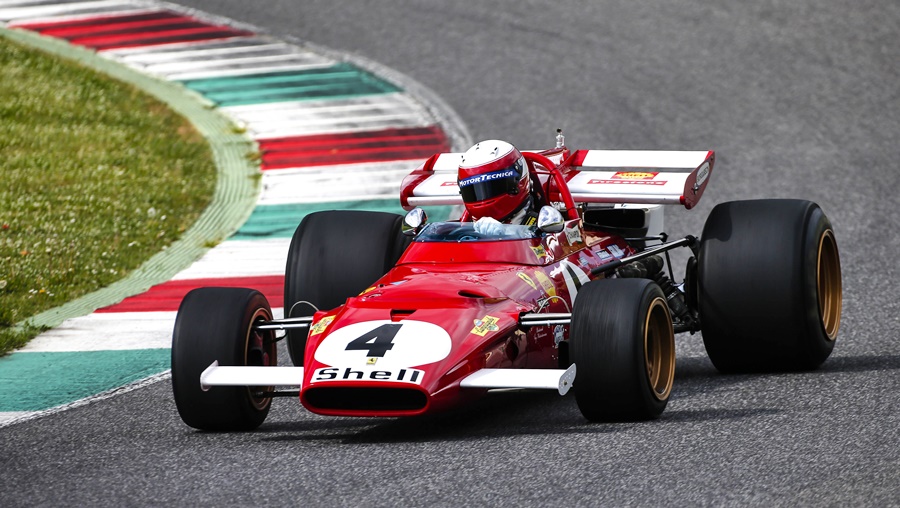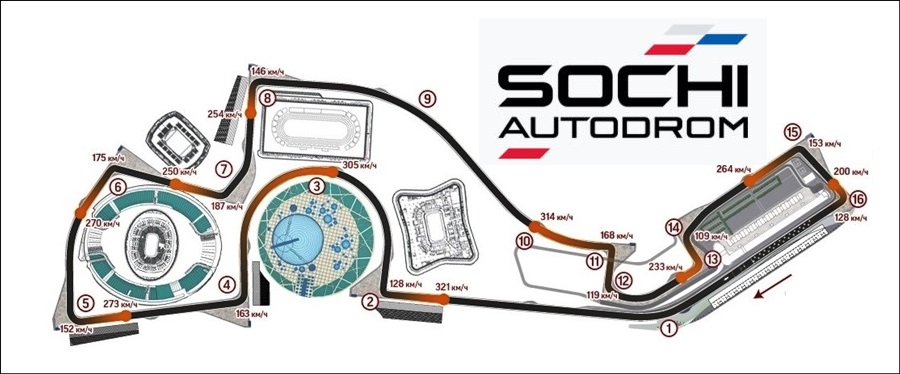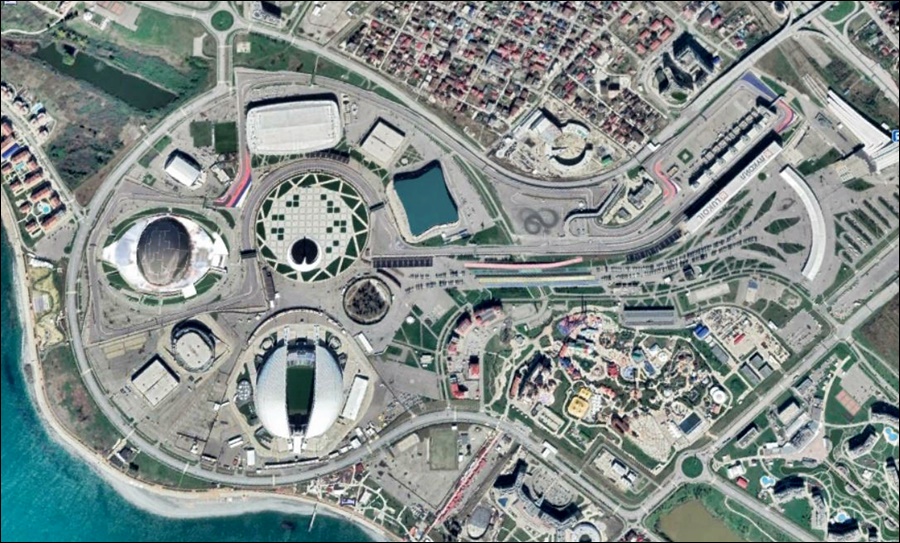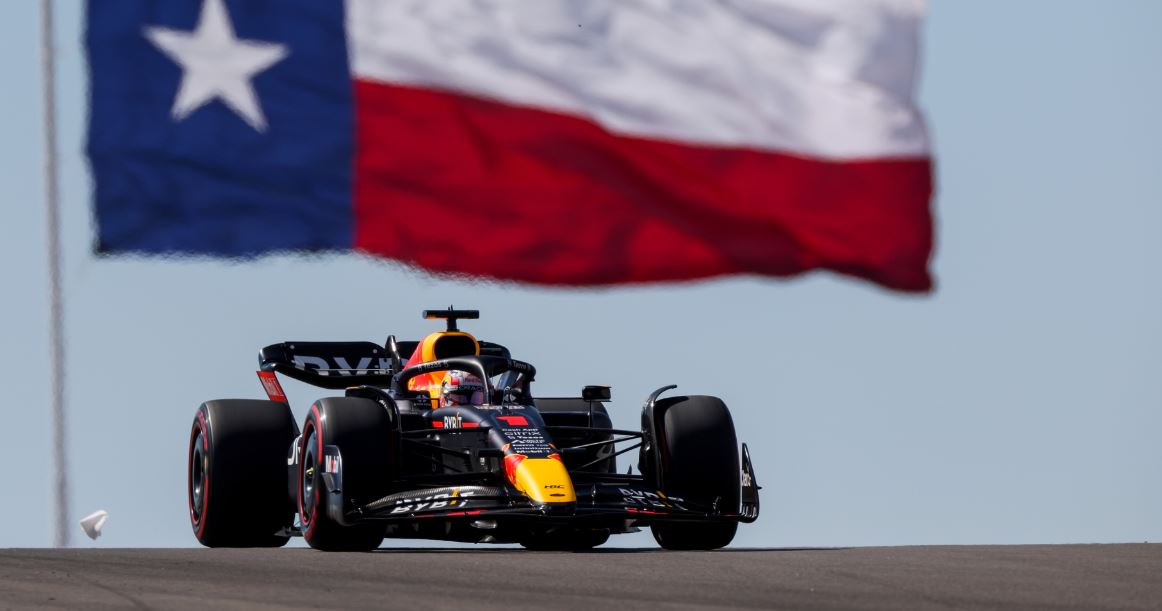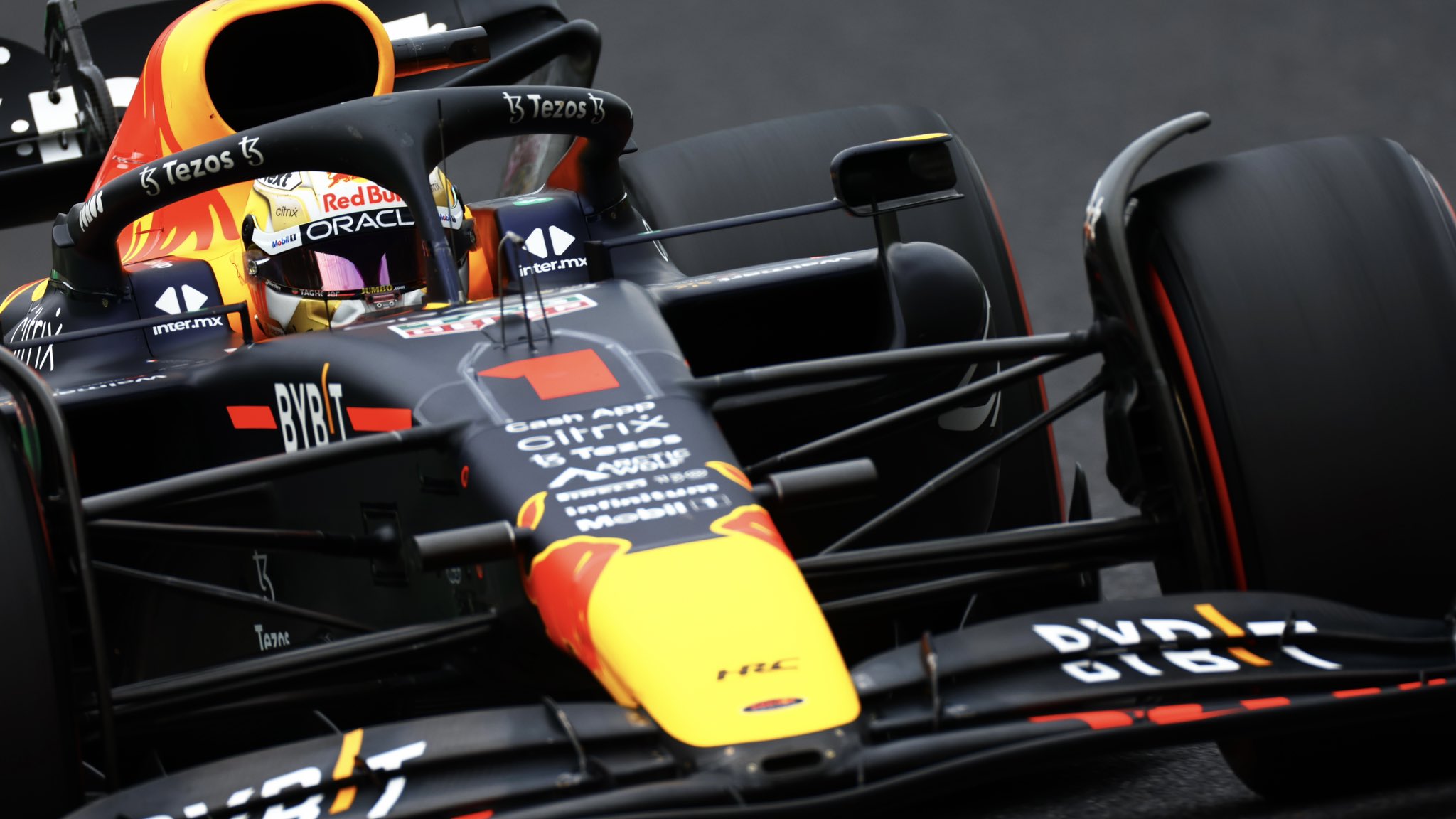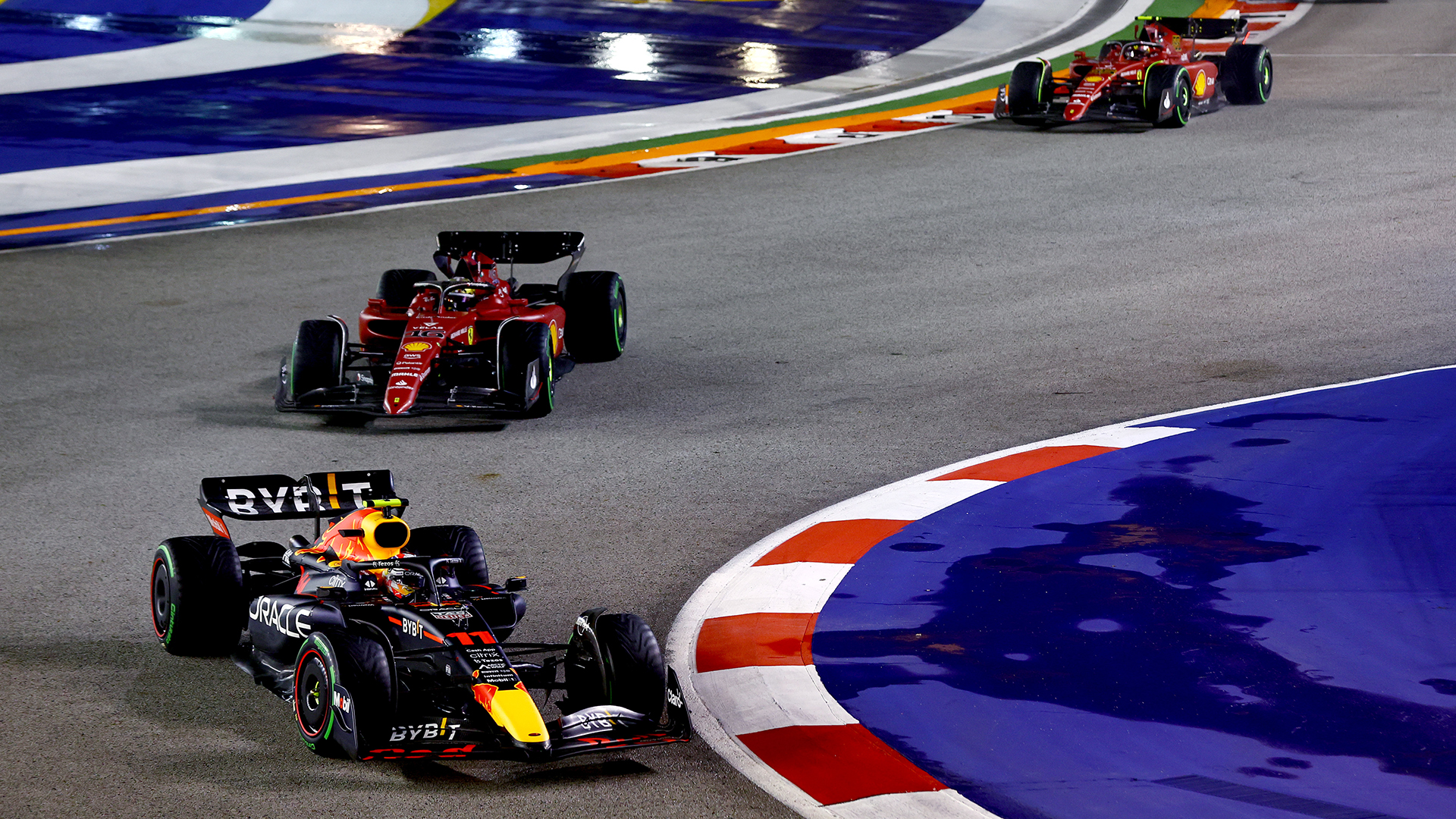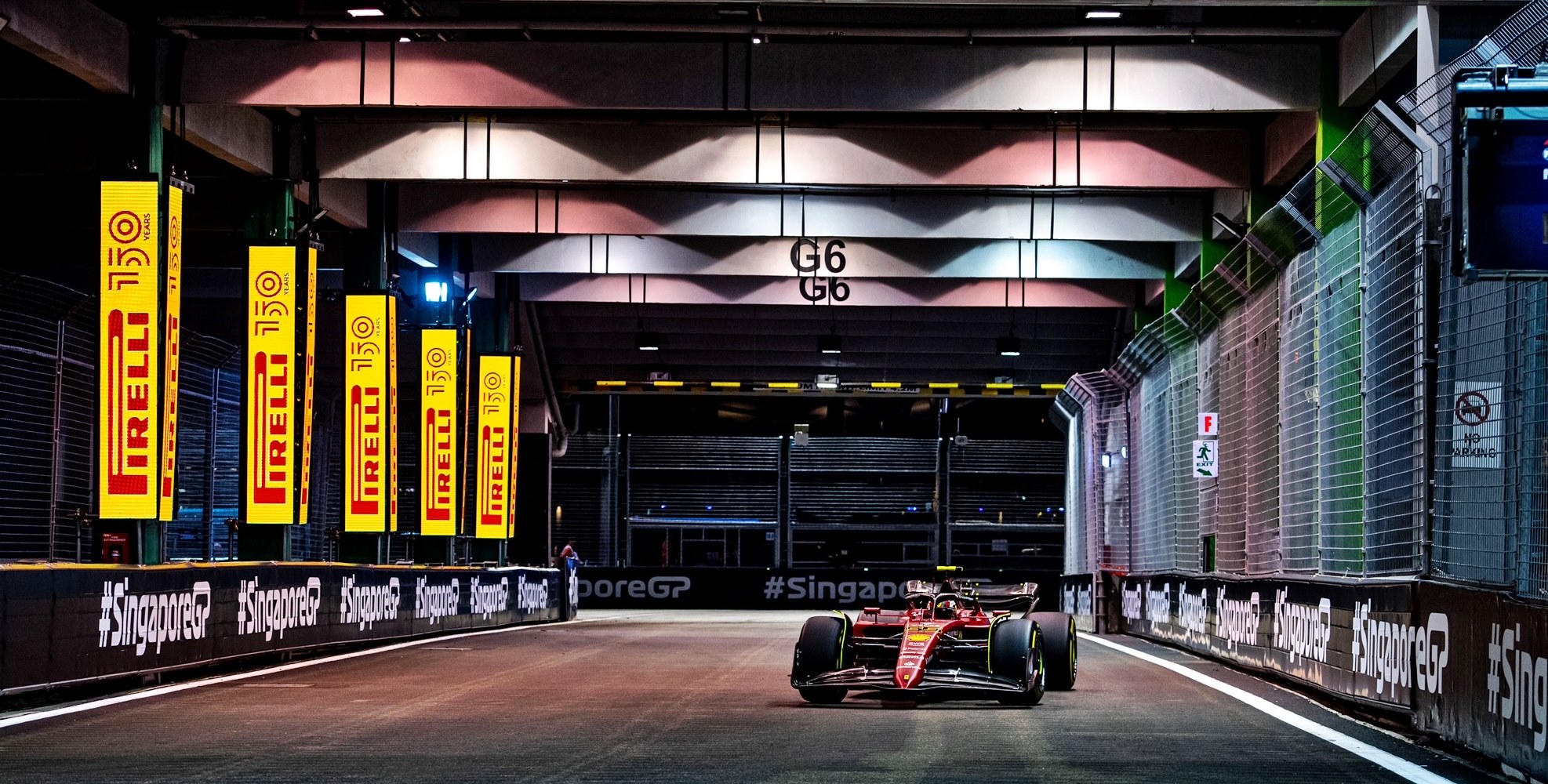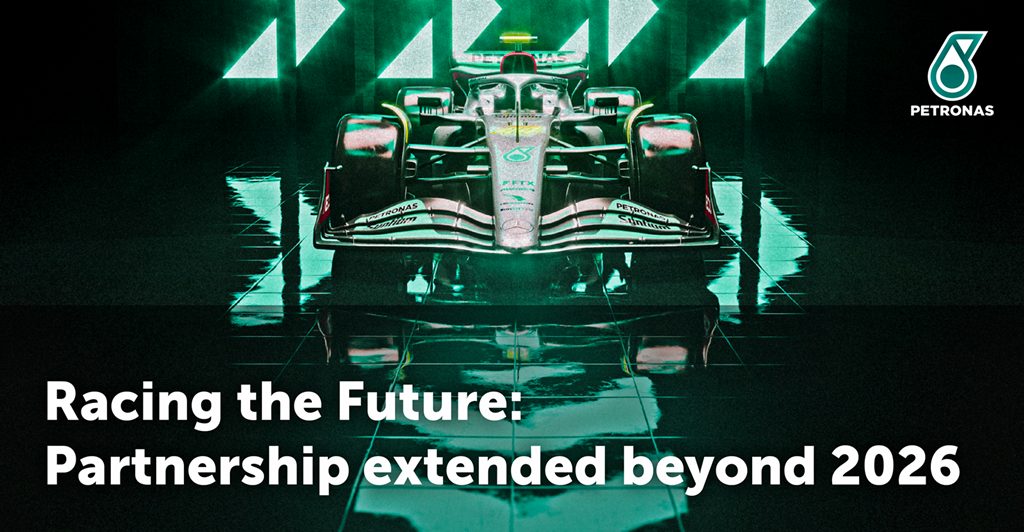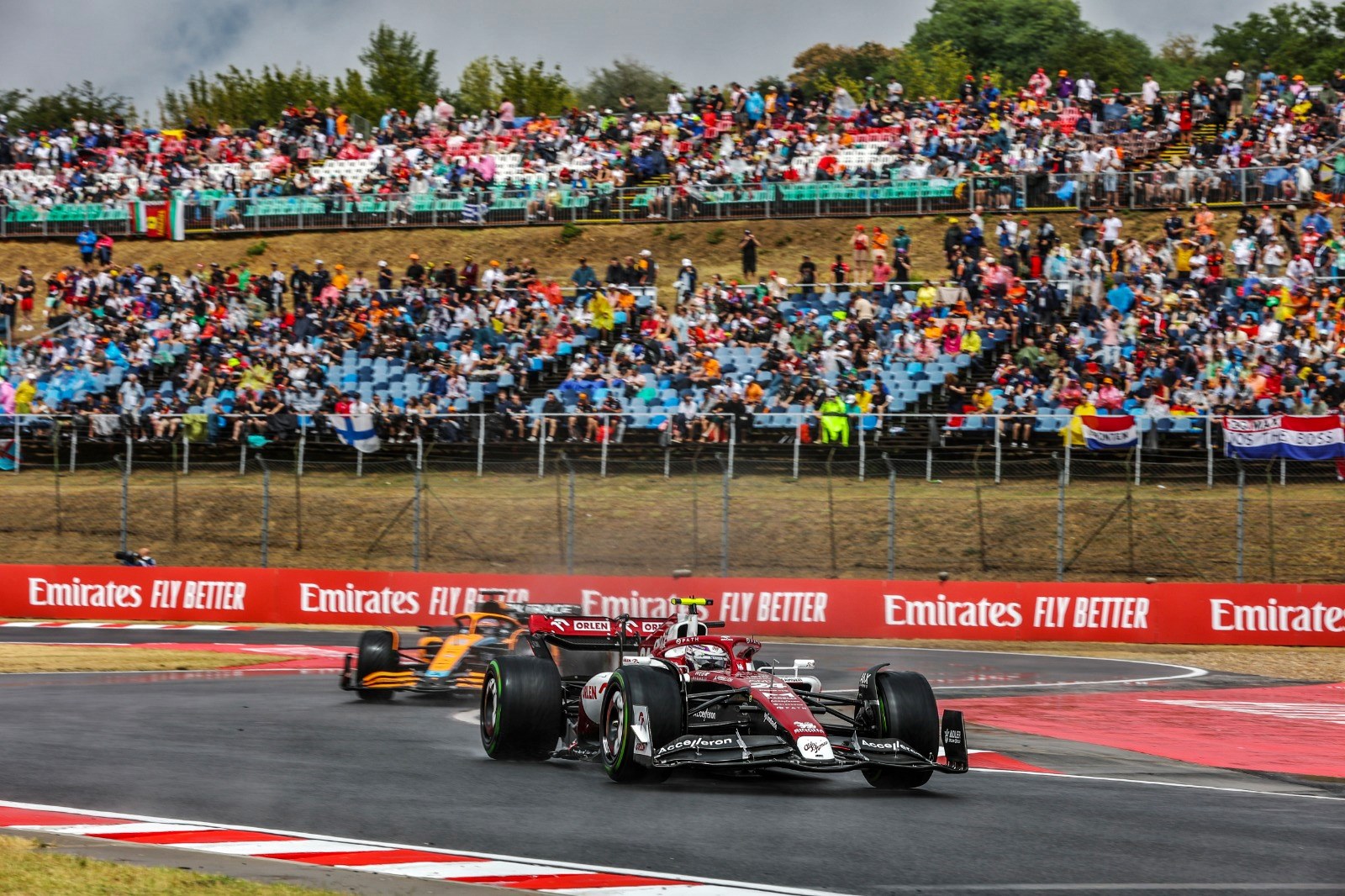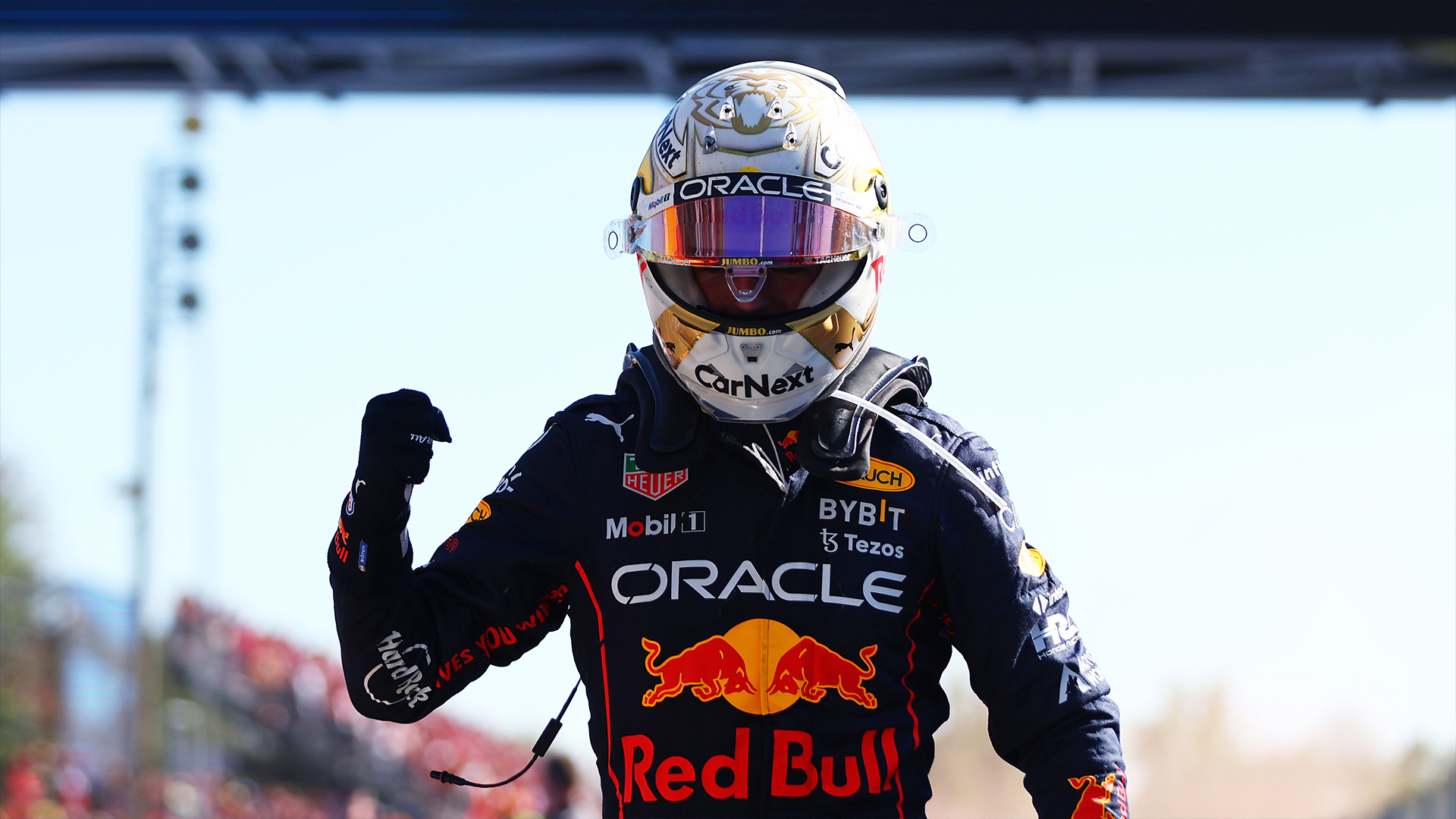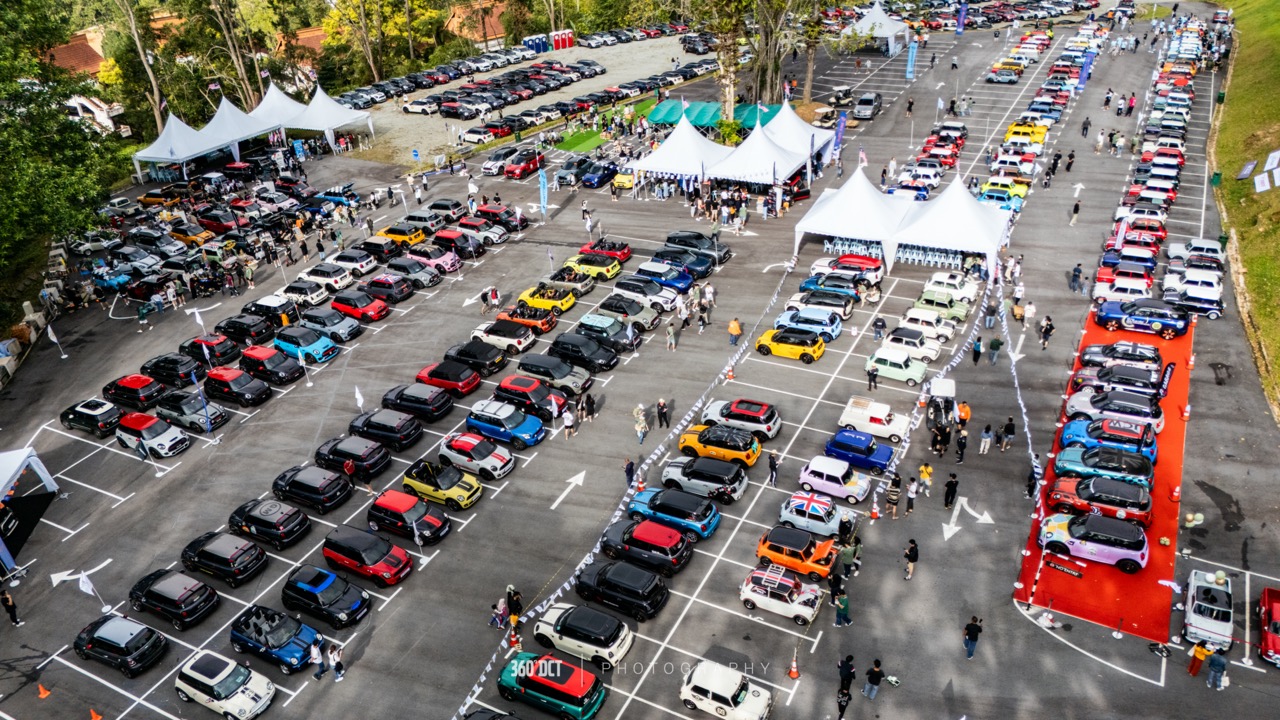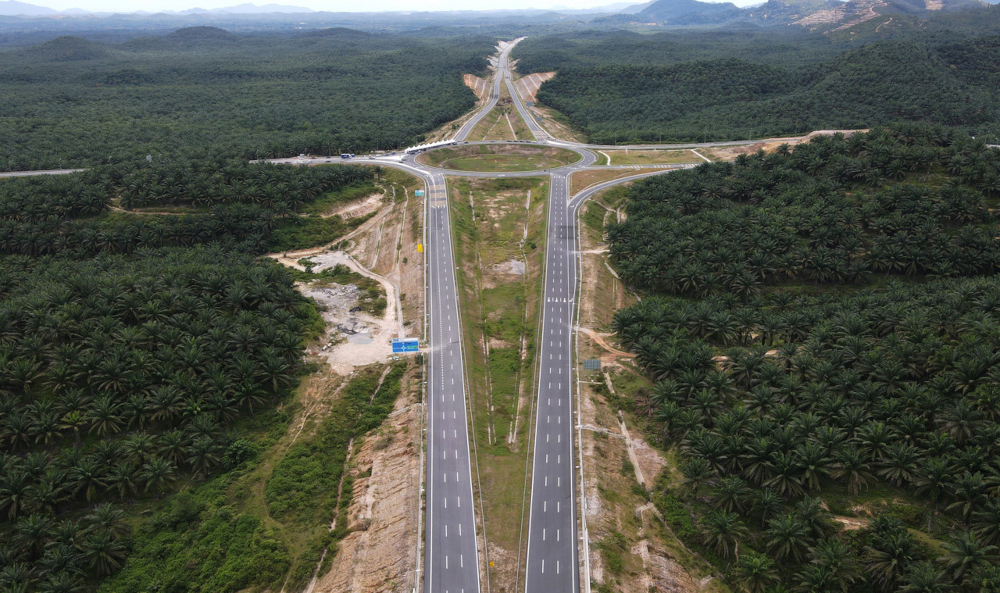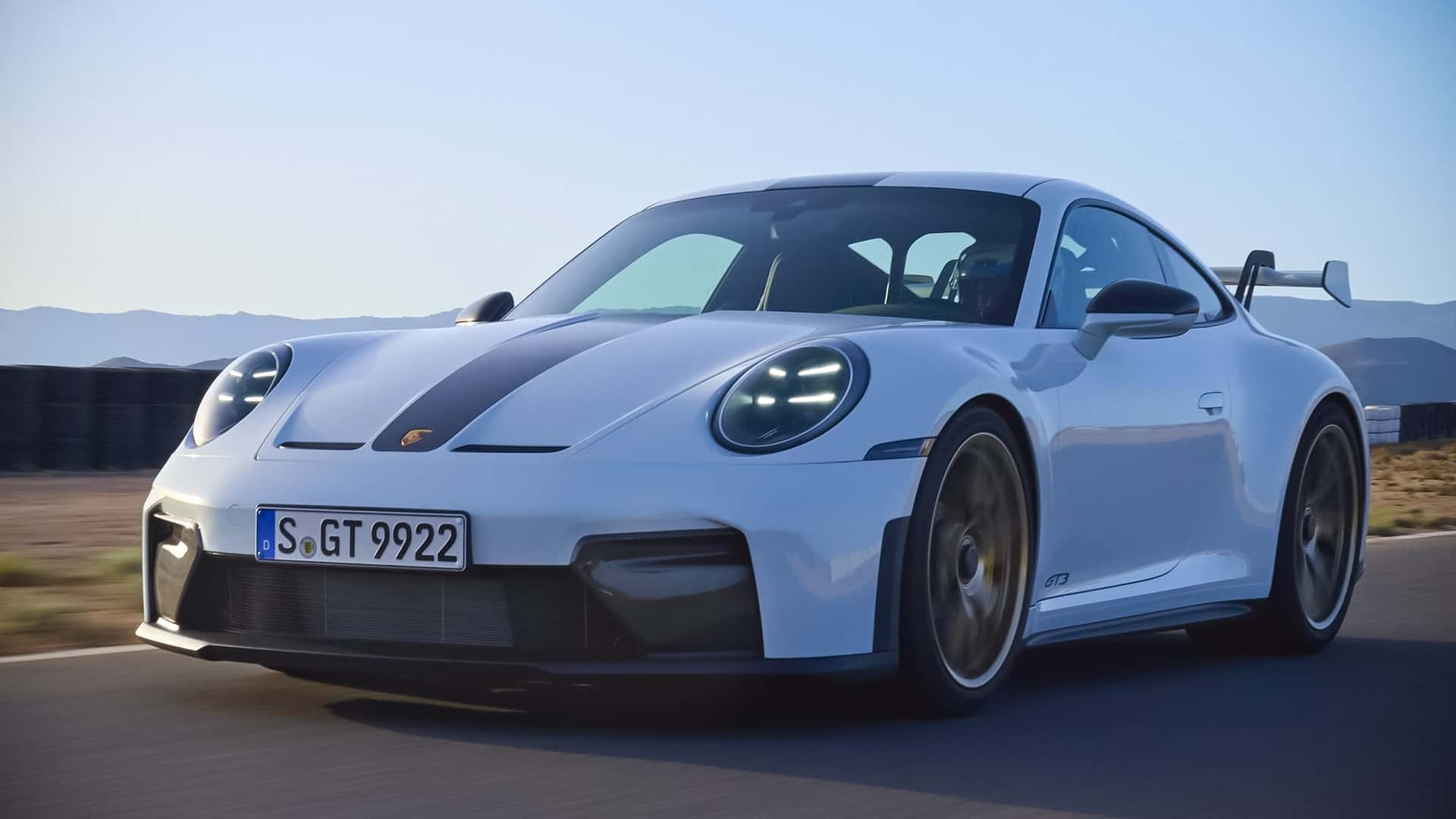
Race starts at 3:10 pm in Hungary/9:10 pm in Malaysia
After two weekends at the Red Bull Ring in Austria, the F1 teams travelled 420 kms to the next venue on the calendar, Hungaroring in Hungary. The 2020 Hungarian Grand Prix (which has the official event title of 2020 Formula 1 Aramco Magyar Nagydij) is the third round of the championship.
The authorities are very strict on the conditions of allowing the race to be run. These include staying within the circuit or at their respective hotels and not socialising; breaking the rules can result in a fine of 15,000 euros (about RM73,000) and/or jail time. Both Ferrari drivers were reported to have broken the rules and the team boss has warned them that they cannot be irresponsible and jeopardise the team.
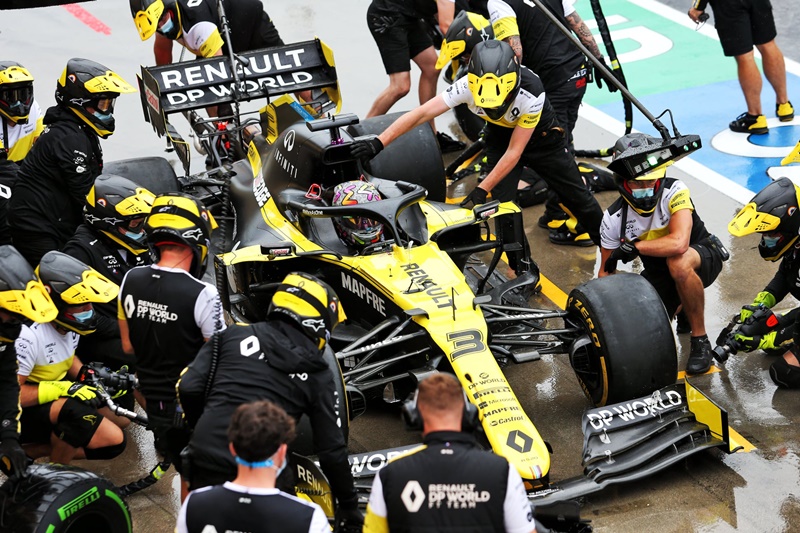
A regular venue
The circuit is a familiar one to the drivers, having been used over the past 34 years. As such, they will be prepared for the hot and dusty environment, more so with the pandemic-related lockdowns further keeping the circuit unused. The air and track temperatures experienced at the Hungarian Grand Prix are typically some of the highest of the season, with an average air temperature of 30°C and average track temperature of 49°C.
The current Hungaroring circuit uses the third layout since 1986 and has 14 turns. Running around a valley, it is twisty and bumpy, giving a ‘street circuit’ feel like that of Monaco. Rain can add to the challenges and it has during practice sessions this week. With the revised 2020 schedule and the circuit’s relentless run of corners, the Hungaroring looks set to be the highest downforce track on the calendar.
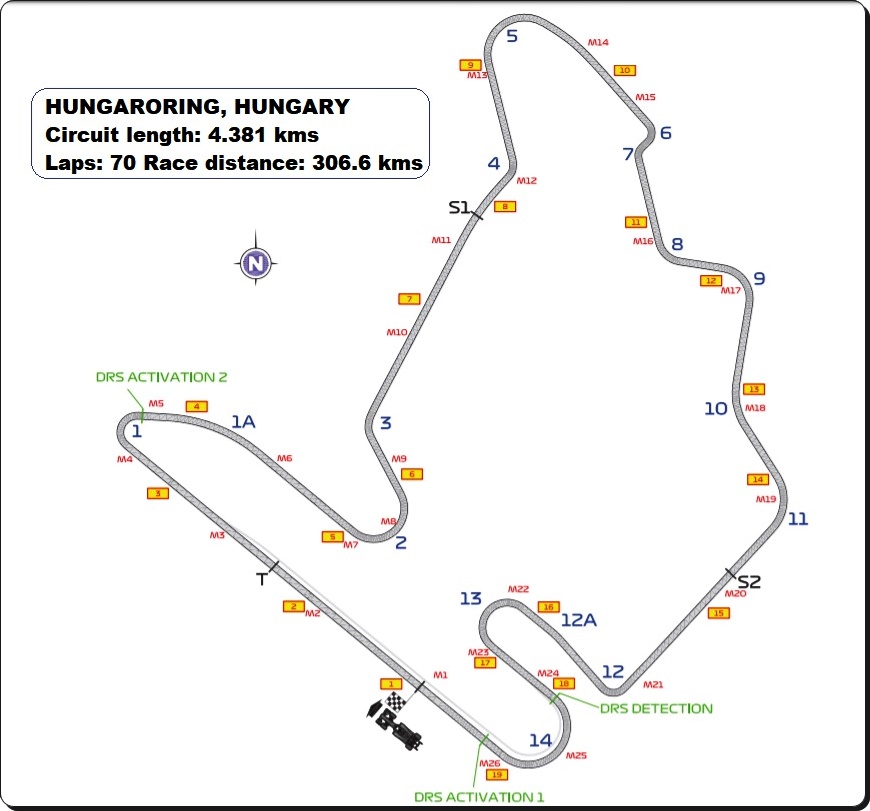
Constant cornering
Because of the track’s high-downforce nature, its maximum speed – 318 km/h – is one of the lowest in F1. The cars only spend around 10 seconds going in a straight line during a 4.4-km lap, with the remaining 65 seconds or so spent cornering. As such, the Hungaroring is known for its constant cornering.
Despite the Hungaroring having one of the shortest start/finish straights, the track has the fifth-longest run to Turn 1 from pole position – due to the grid being positioned very close to the exit of the final corner.
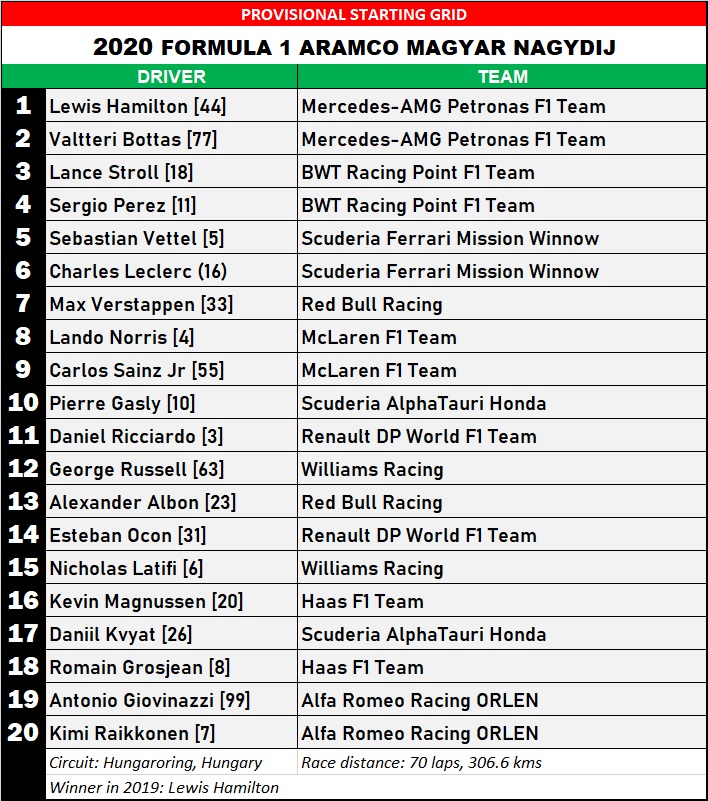
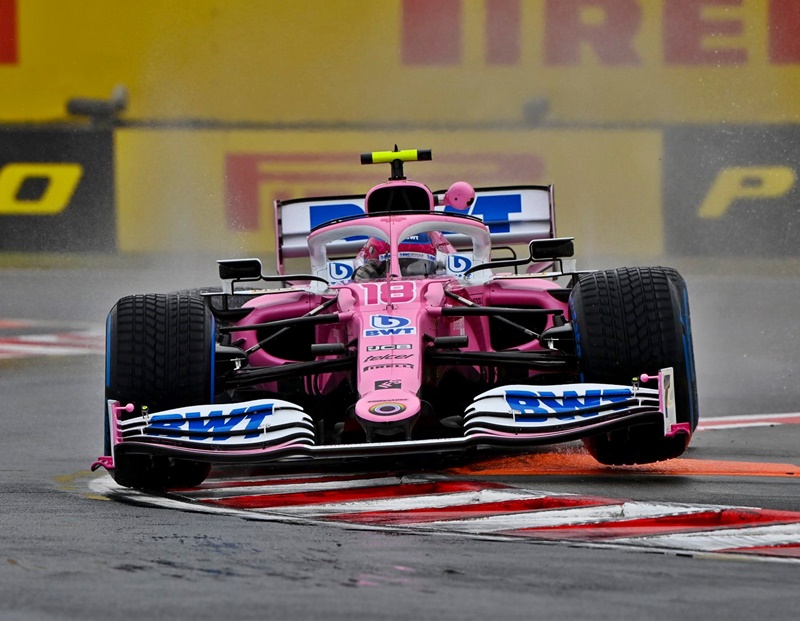
The circuit is one of the toughest for brake cooling, in part due to the lack of straights, often made worse by cars being stuck in traffic. Just 65% of the lap distance at the Hungaroring is taken at full throttle, one of the lowest figures in F1.
The average lateral g-force experienced during the course of the lap is one of the highest in F1, due to the grip levels from the new tarmac, long corners, lack of straights and high downforce levels. Drivers report that the kerbs are some of the most severe in F1 for the cars. The spacing, height and speed at which drivers go over kerbs are all important factors. While the kerbs in Hungary are harsh, they are generally taken at slower speeds than in Red Bull Ring.
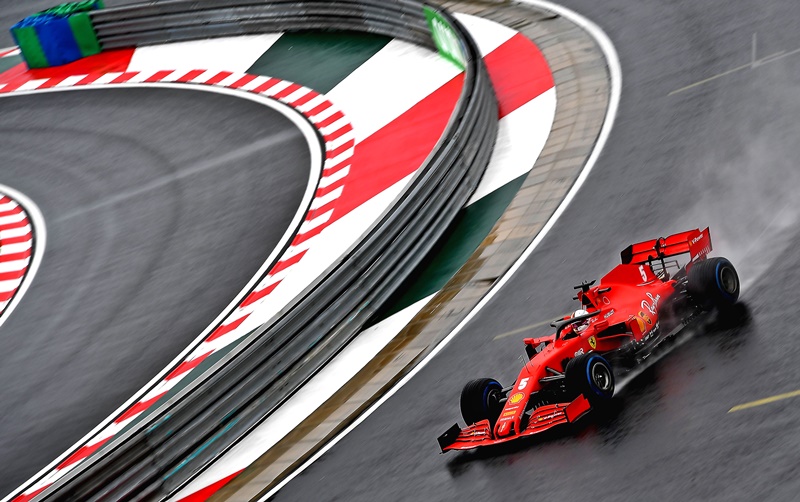
The track features many long corners, some of which are 180 degrees or more, which impacts the suspension set-up. The majority of corners in Hungary are taken in ‘steady state’, which is where the length of the corner allows the car to settle and stay in a rolled condition for a long period of time. A ‘transient state’ means the opposite and is seen in corners requiring quick changes of direction. For this weekend’s race, ‘steady state’ is more important and the suspension can be tuned to be better suited to this.
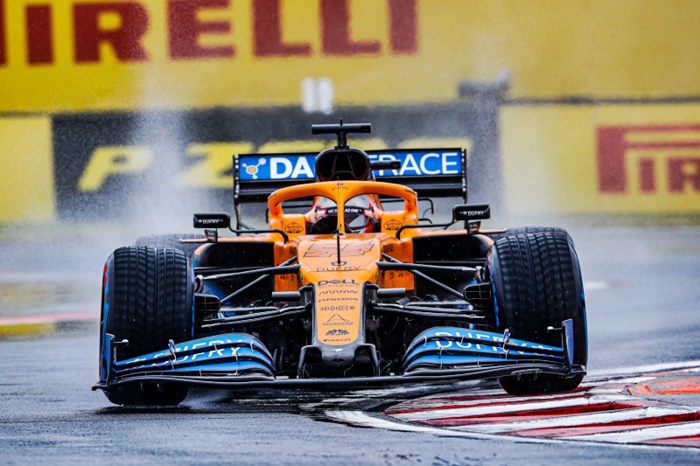
A place in F1 history
The 2009 Hungarian Grand Prix was the first race in F1 history to be won by a hybrid car. Back then, using the Kinetic Energy Recovery System (KERS) was optional and the opening races were won by cars with conventional engines. However, Mercedes-AMG had developed a hybrid system run by McLaren-Mercedes in 2009. So, when Lewis Hamilton won the event that year, it was the first ever victory for a hybrid Formula 1 car.
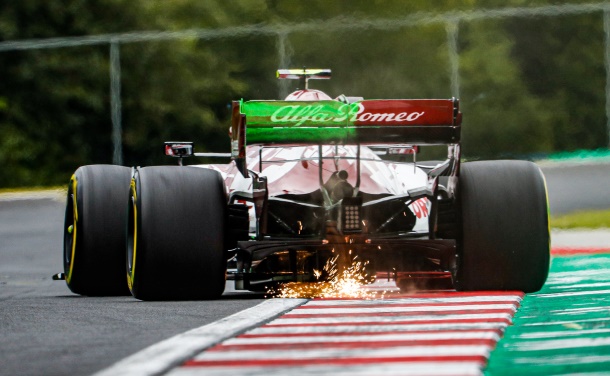
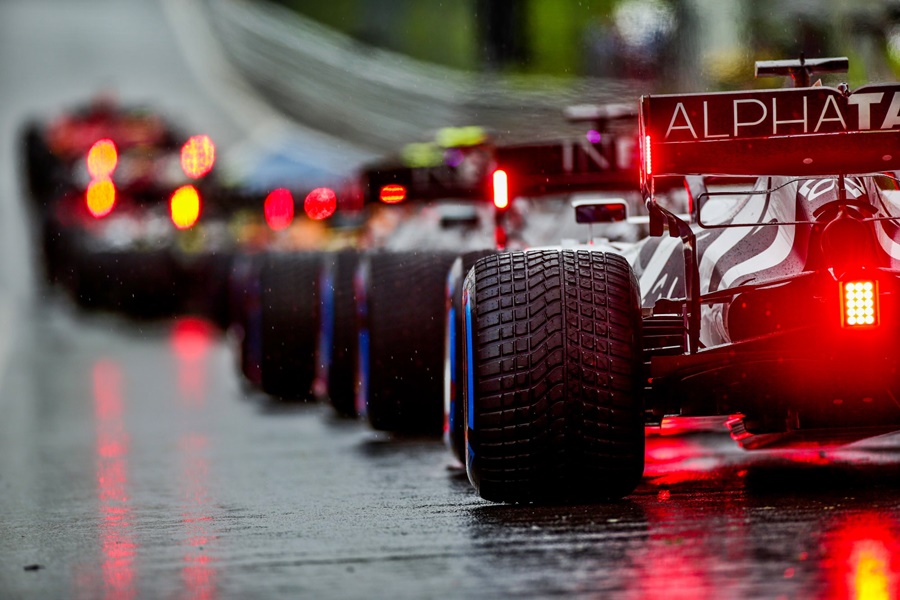
Hamilton has won the Hungarian Grand Prix 7 times, making it his joint-most successful track – shared with the Circuit Gilles Villeneuve in Montreal, Canada. Commenting on his experience this weekend during practices, Hamilton said: “This is such a great track to drive in the dry, but it’s very tricky in the wet and it felt quite low grip out there. It’s not such a power-dependent circuit. I’m hoping for a tighter pack, it’d be great to see the Renaults doing well, the McLarens are doing a fantastic job, as are the Racing Points, it’s really exciting to see. We also expect Red Bull to be strong, so I anticipate a tough battle with them.”
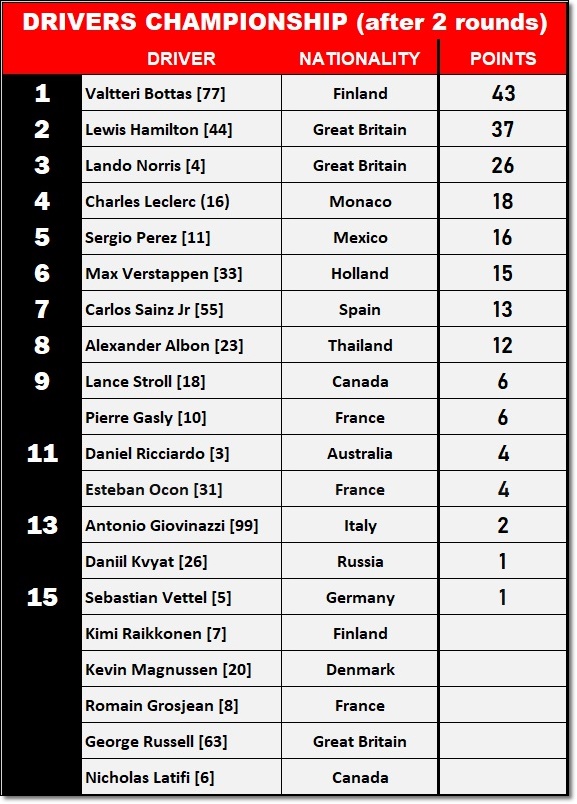
The championship so far
Valtteri Bottas is in top spot after two rounds with 43 points, 6 points ahead of Hamilton. Lando Norris is in third with 26 points while Charles Leclerc, in spite of the fiasco last Sunday, is in fourth with the 18 points collected for his win in the first round.
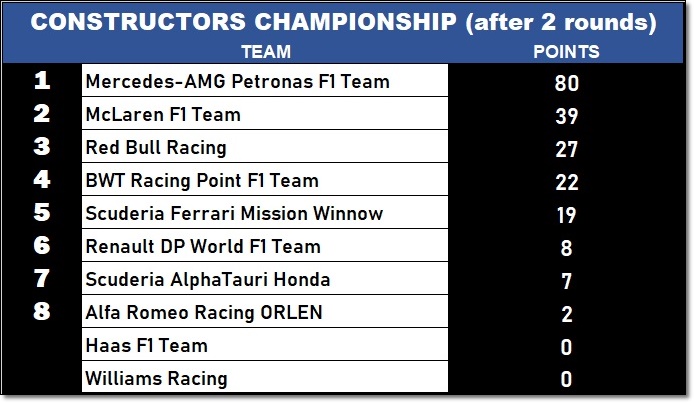
As for the Constructors Championship, the Mercedes-AMG PETRONAS F1 Team has already built up a 41-point lead ahead of McLaren. BWT Racing Point F1 Team is in fourth and will be closely watched as it tries to pass Red Bull Racing which is 5 points ahead.



